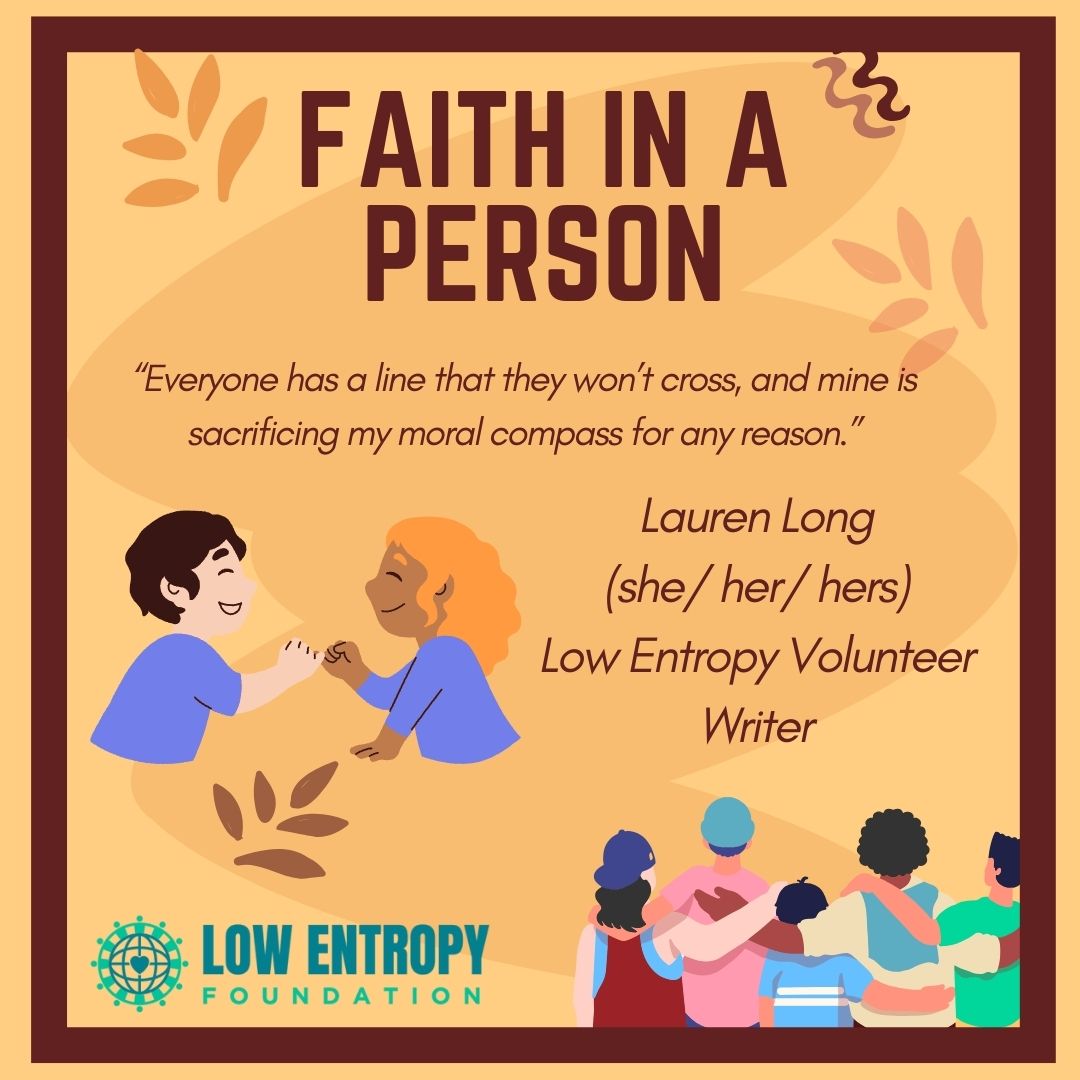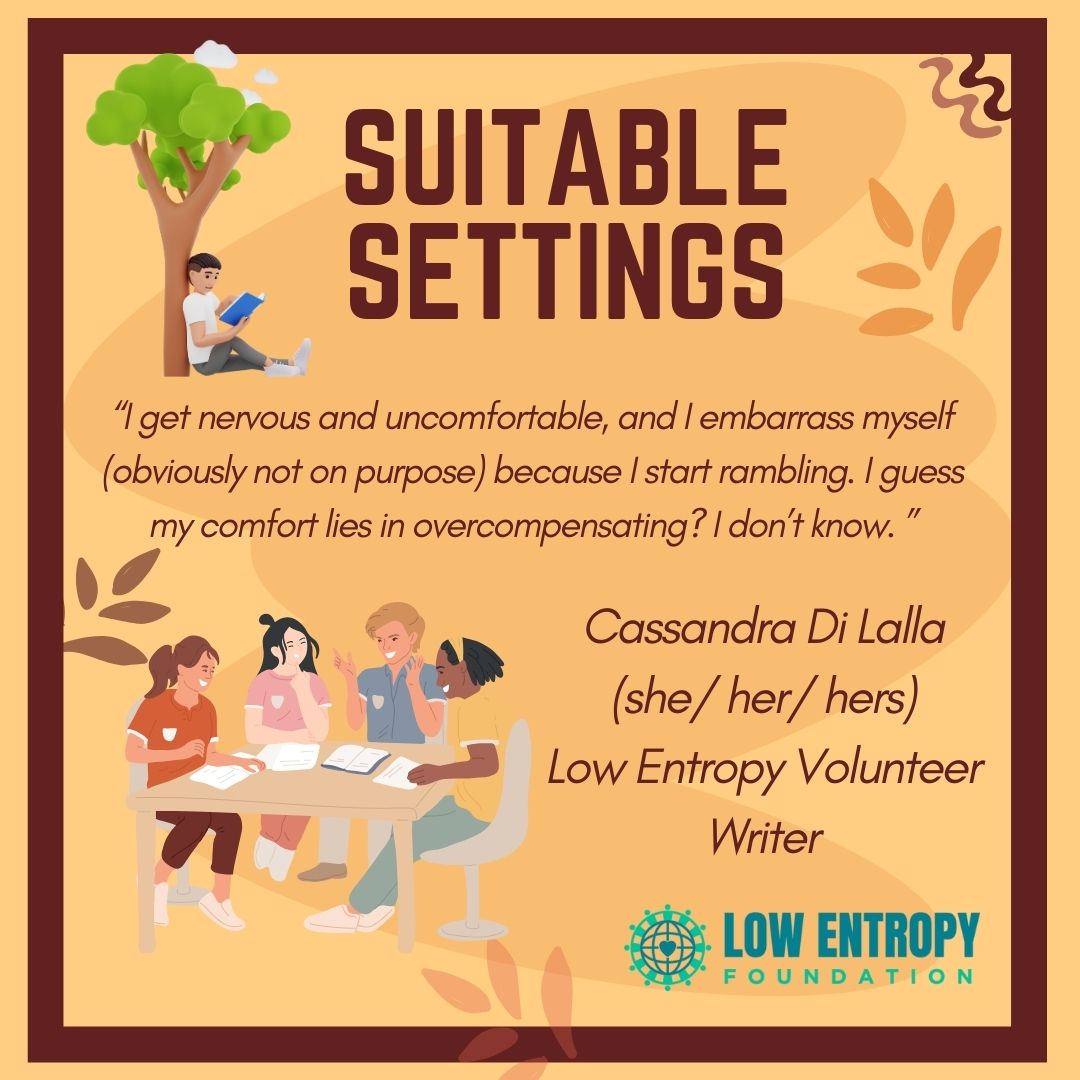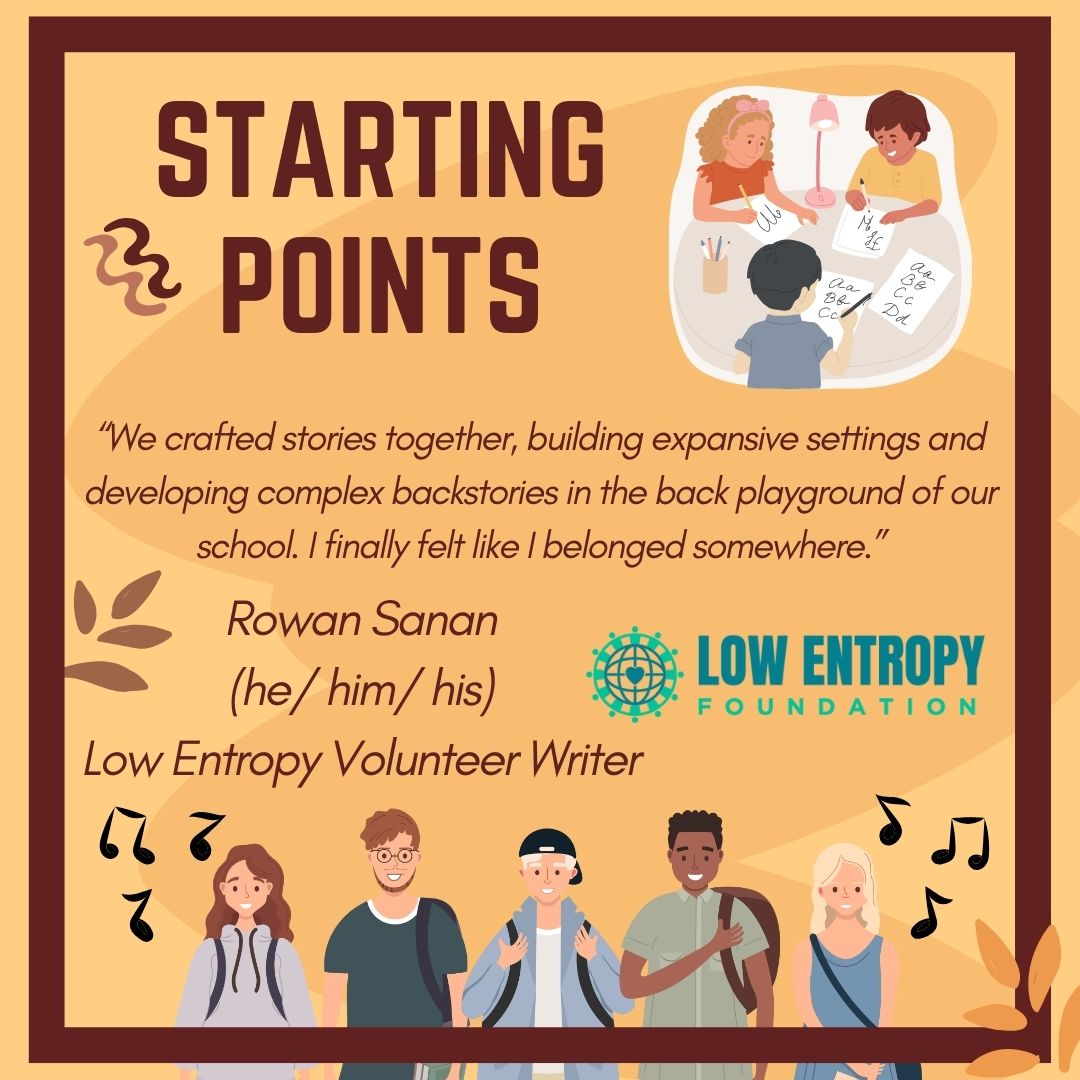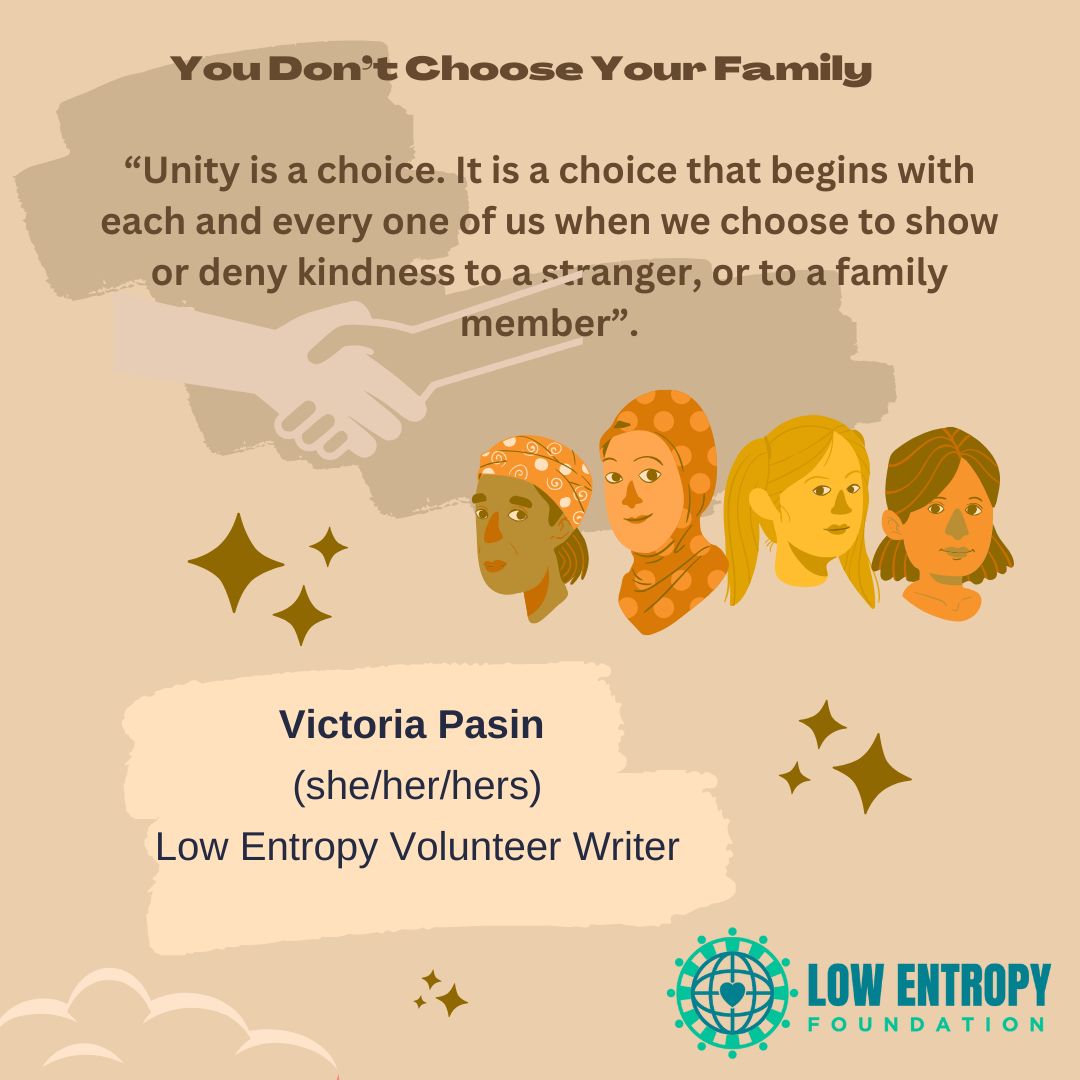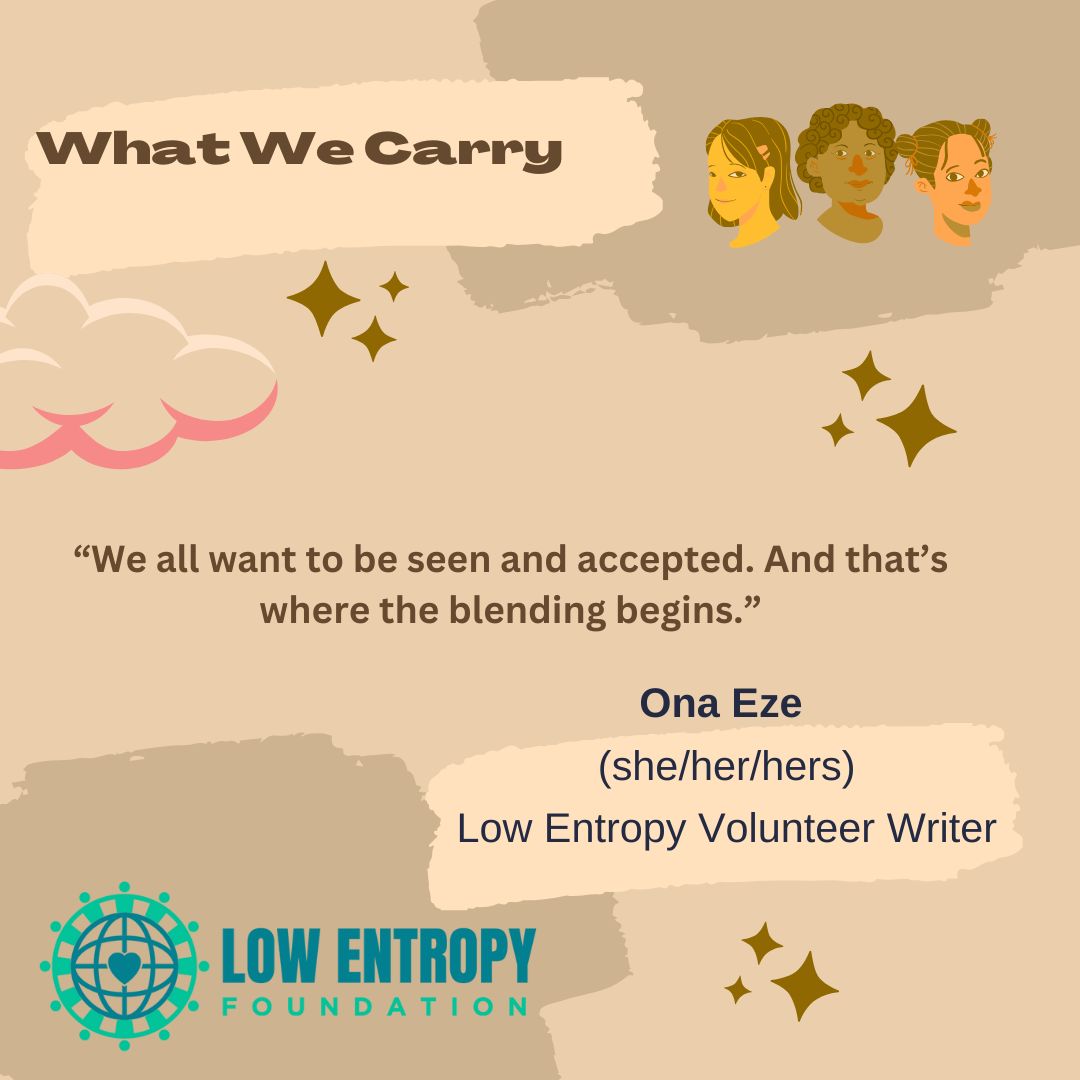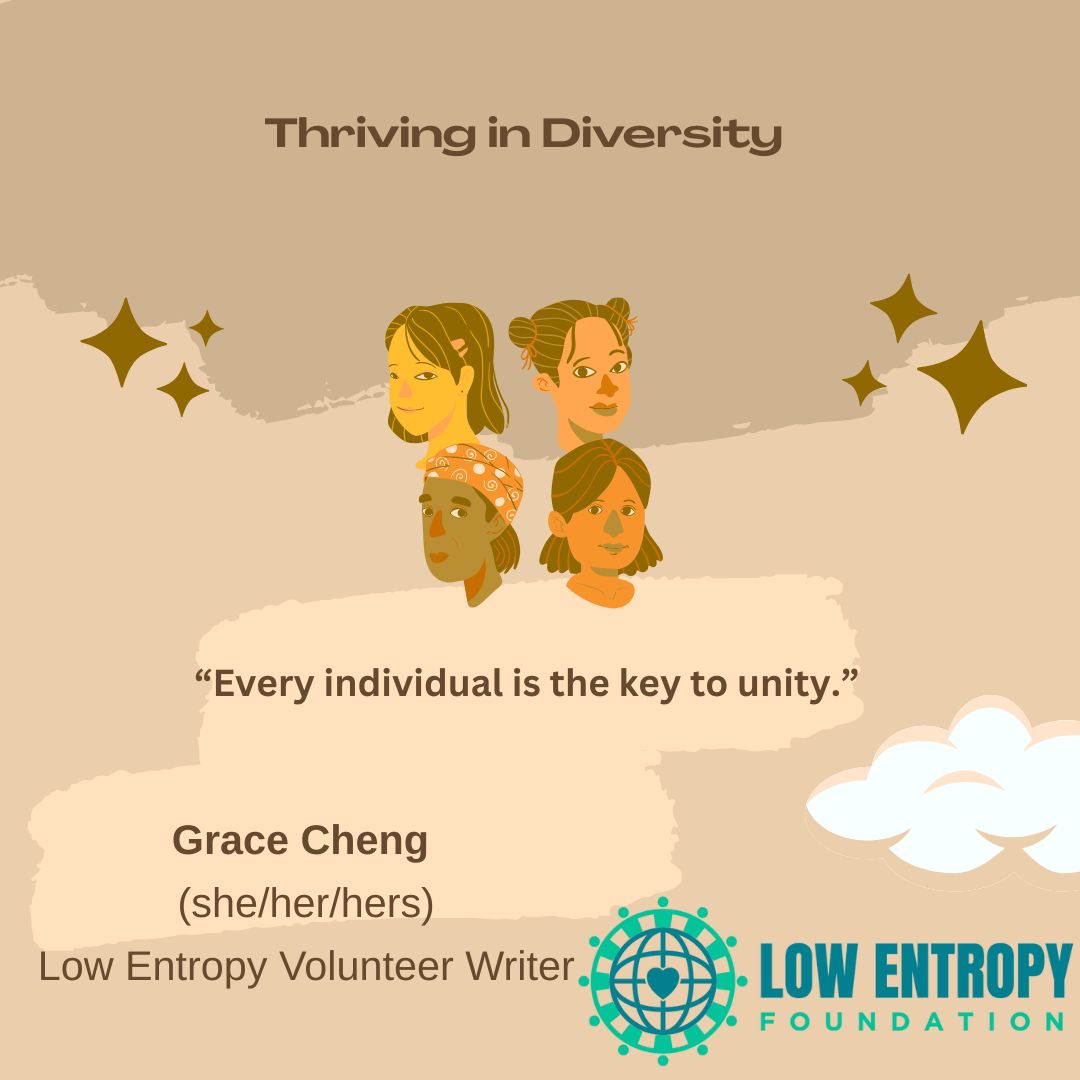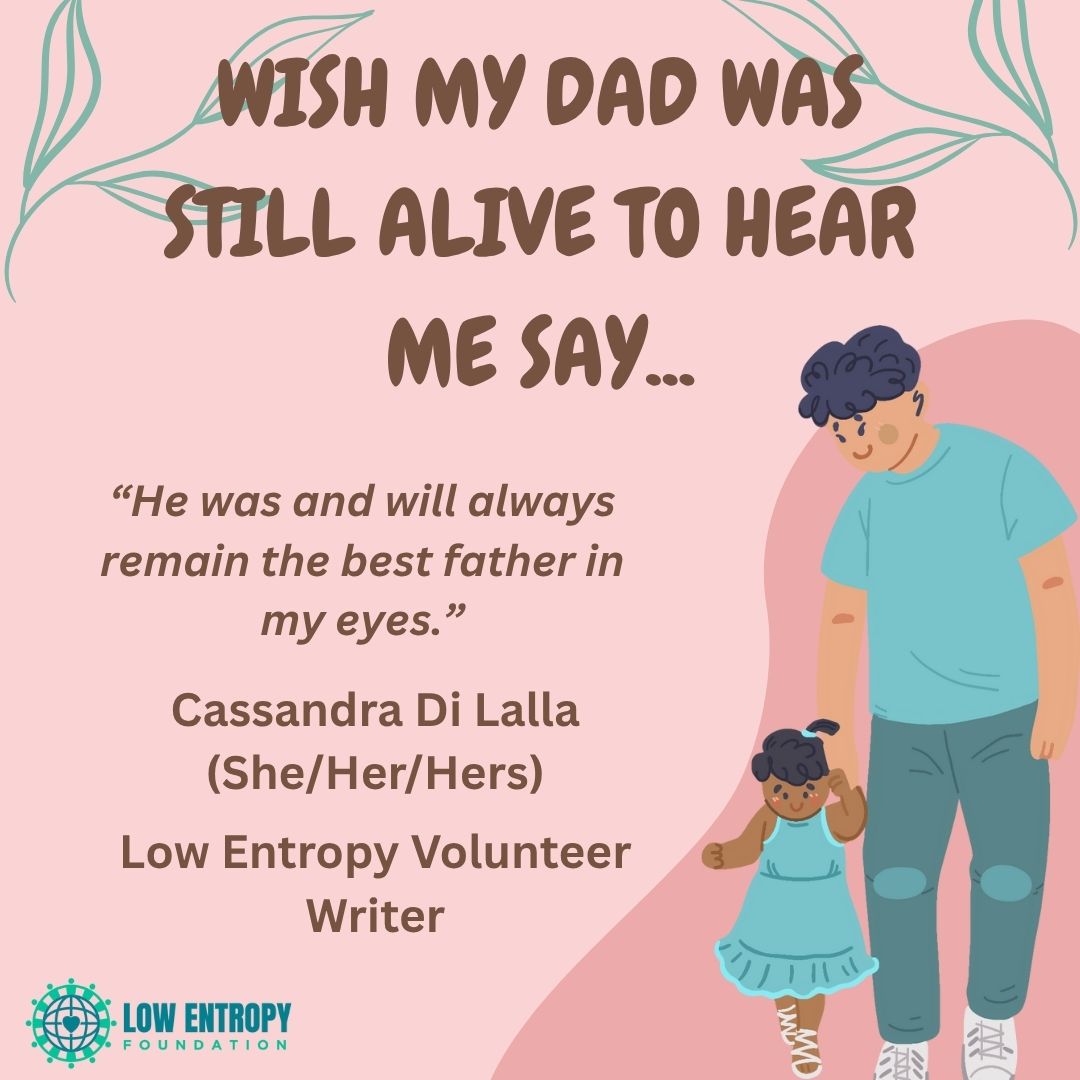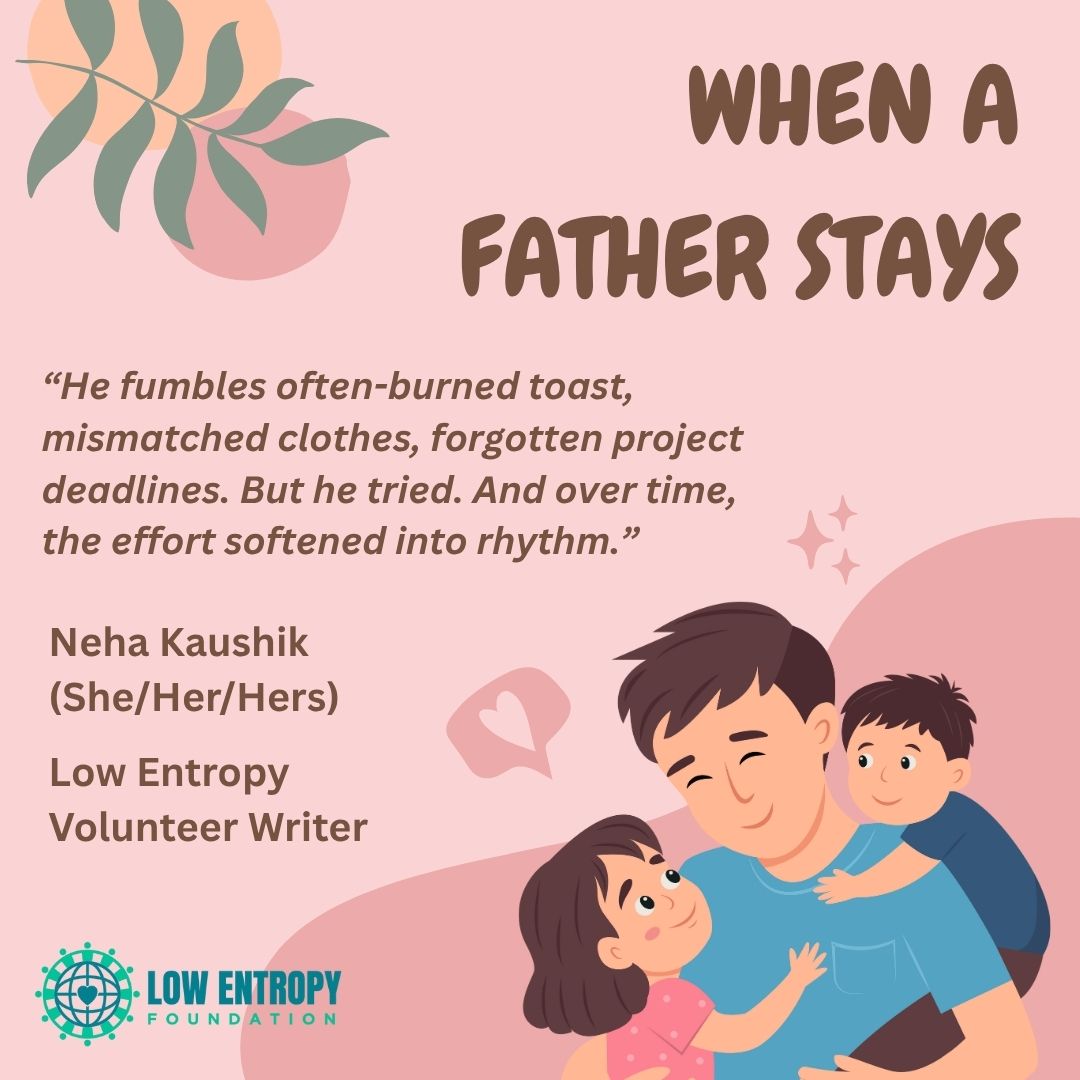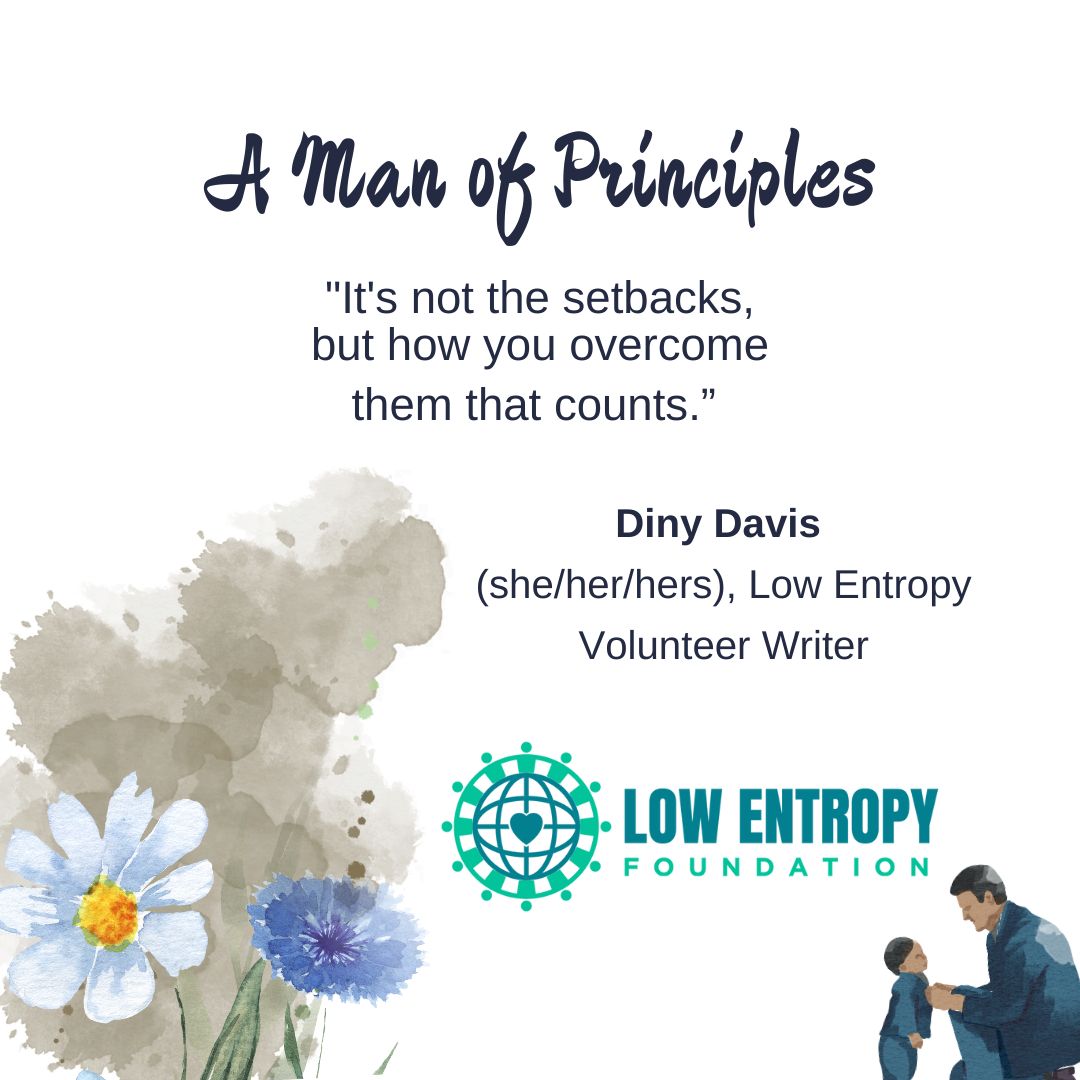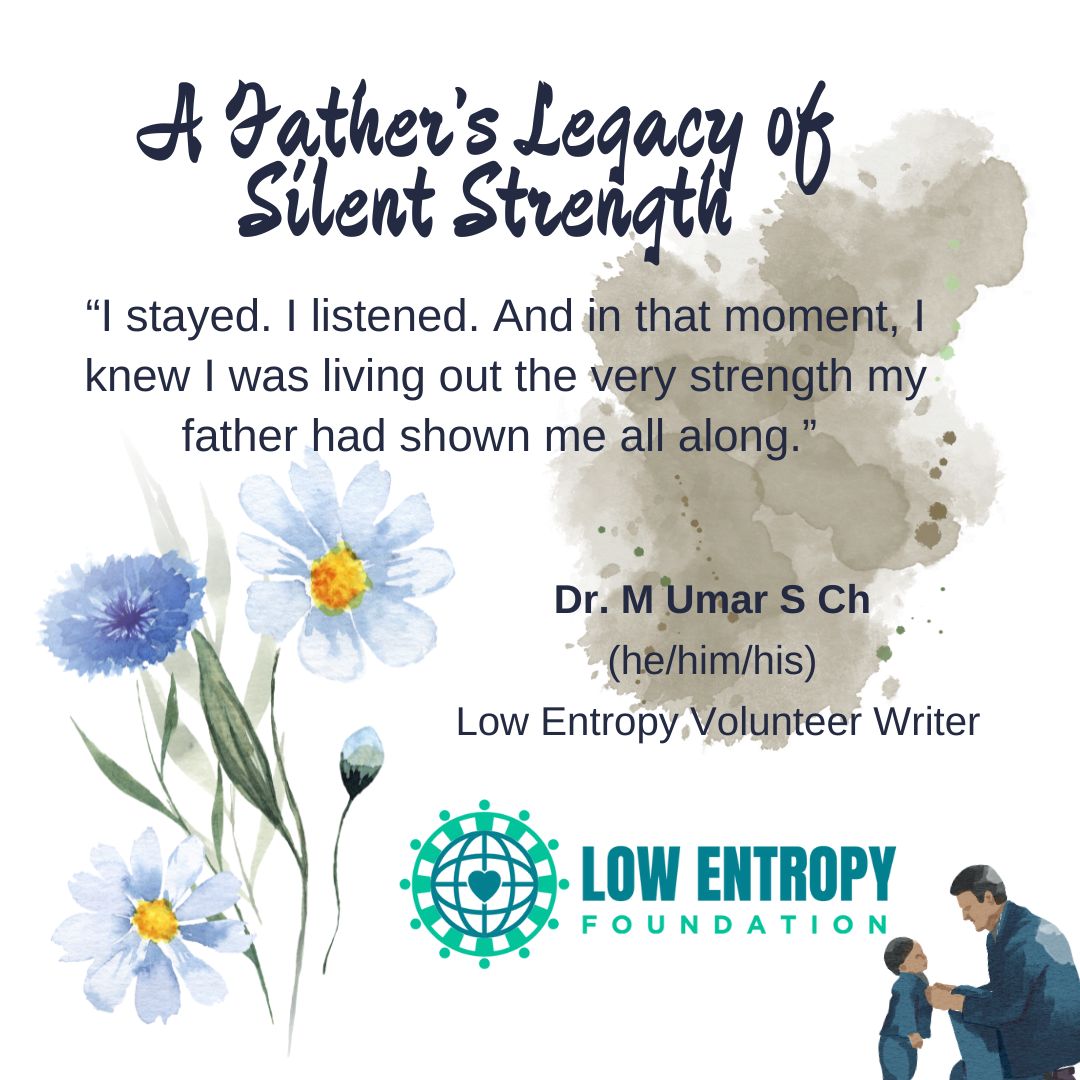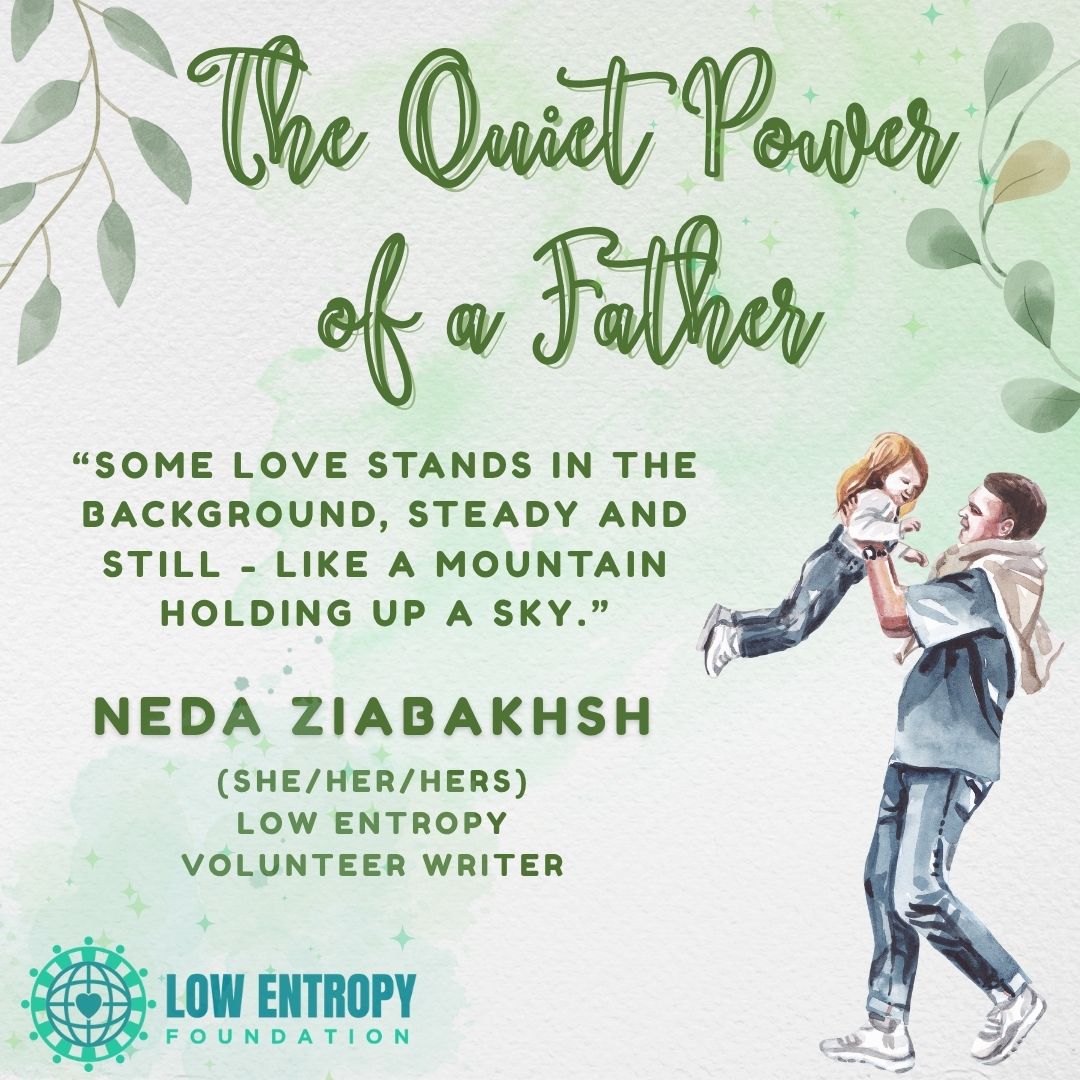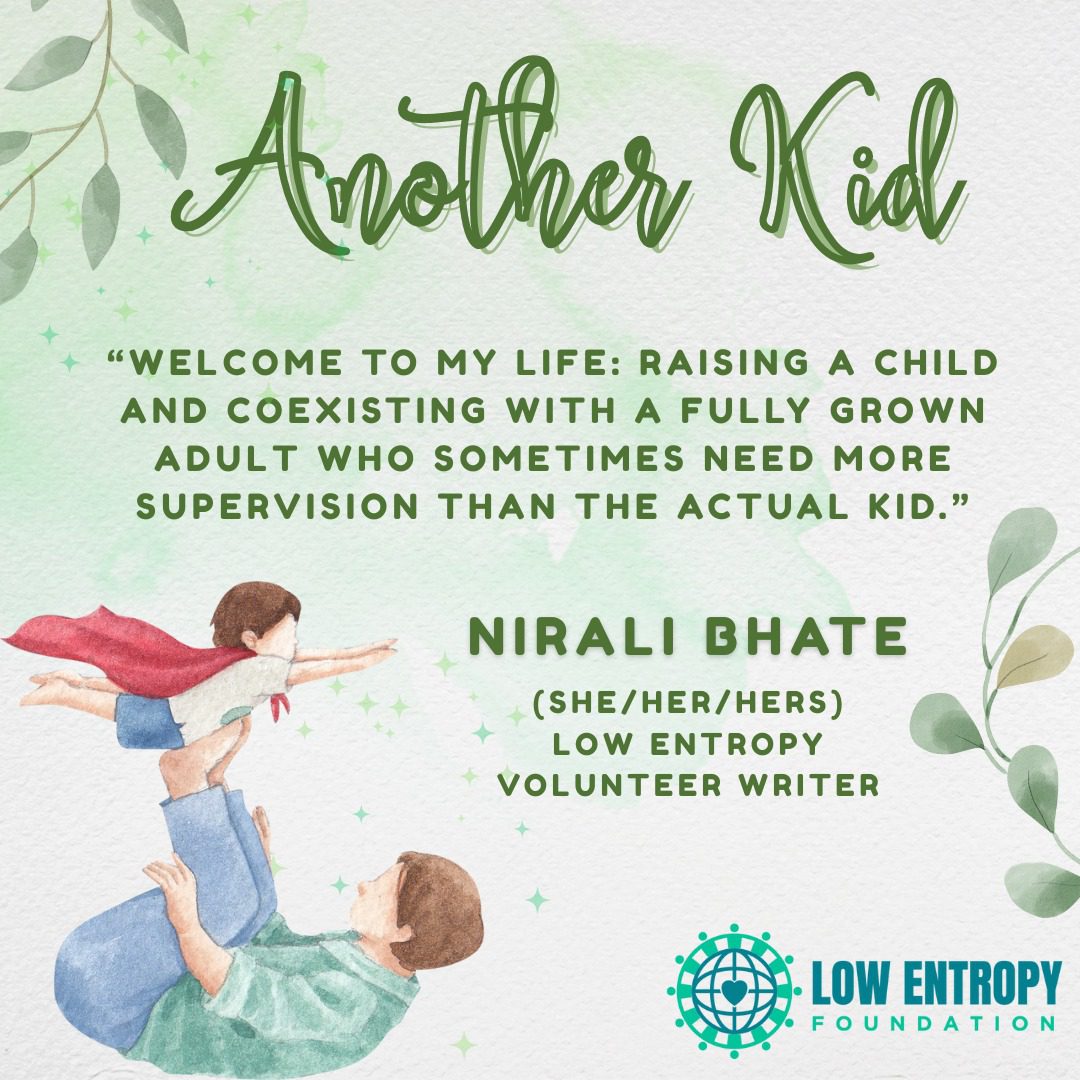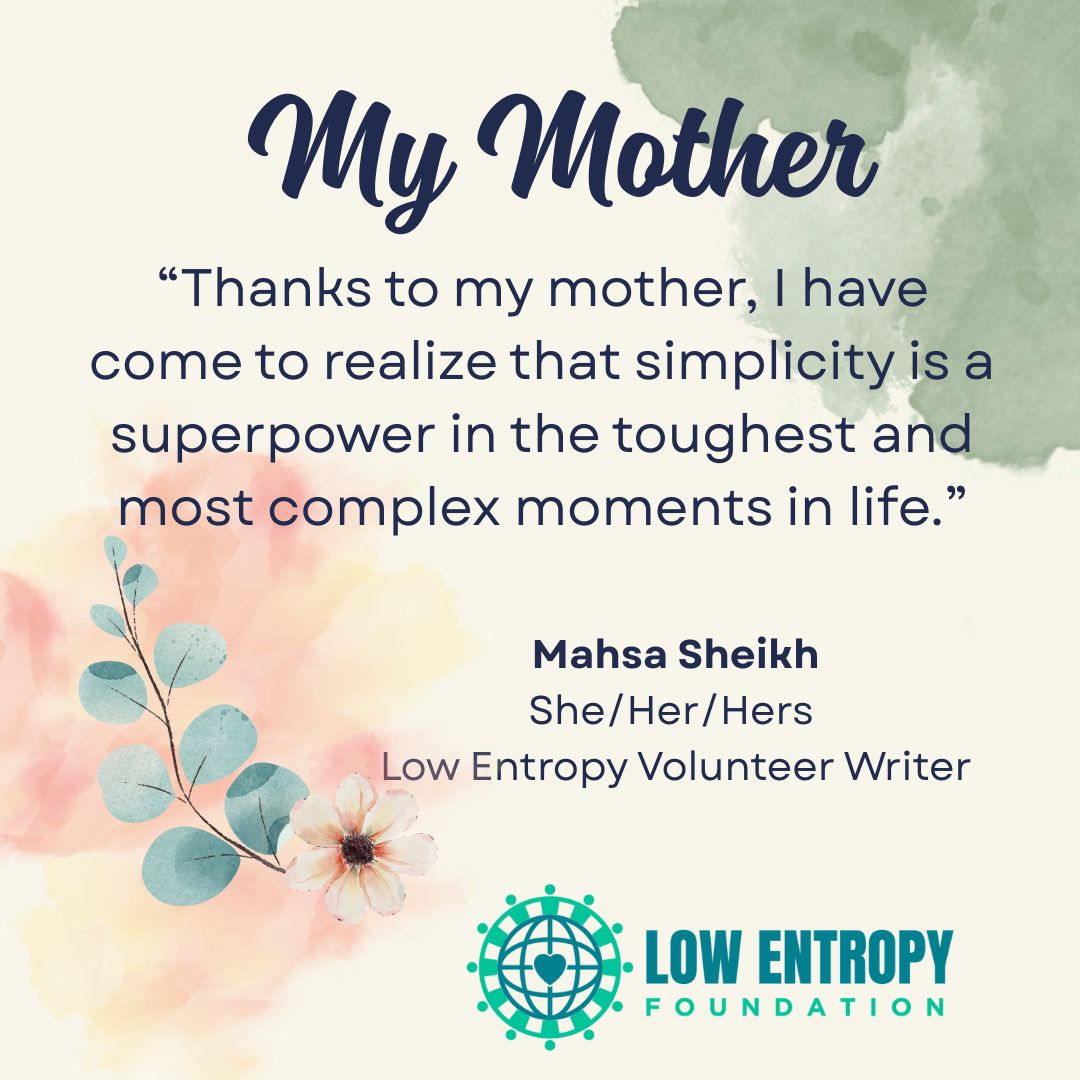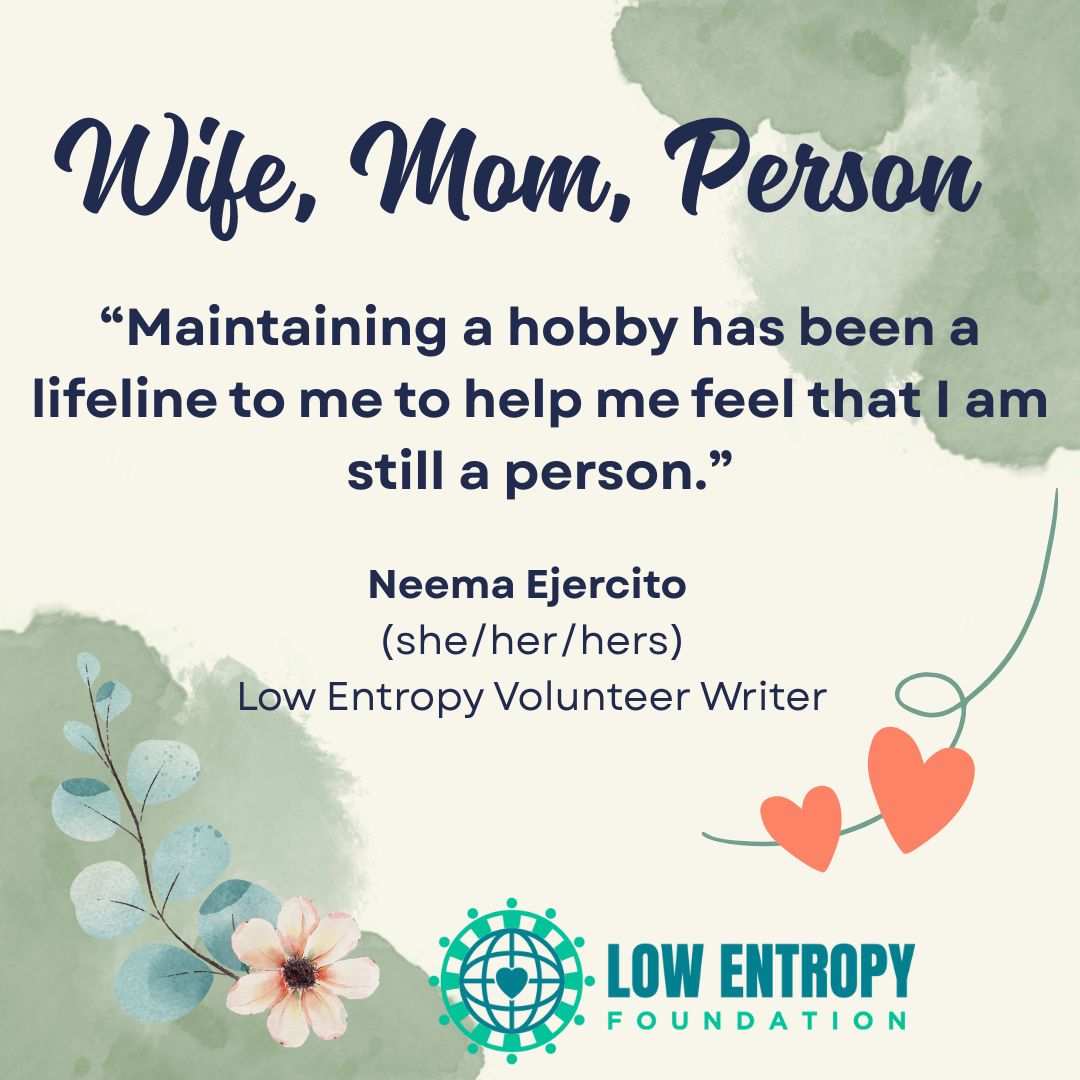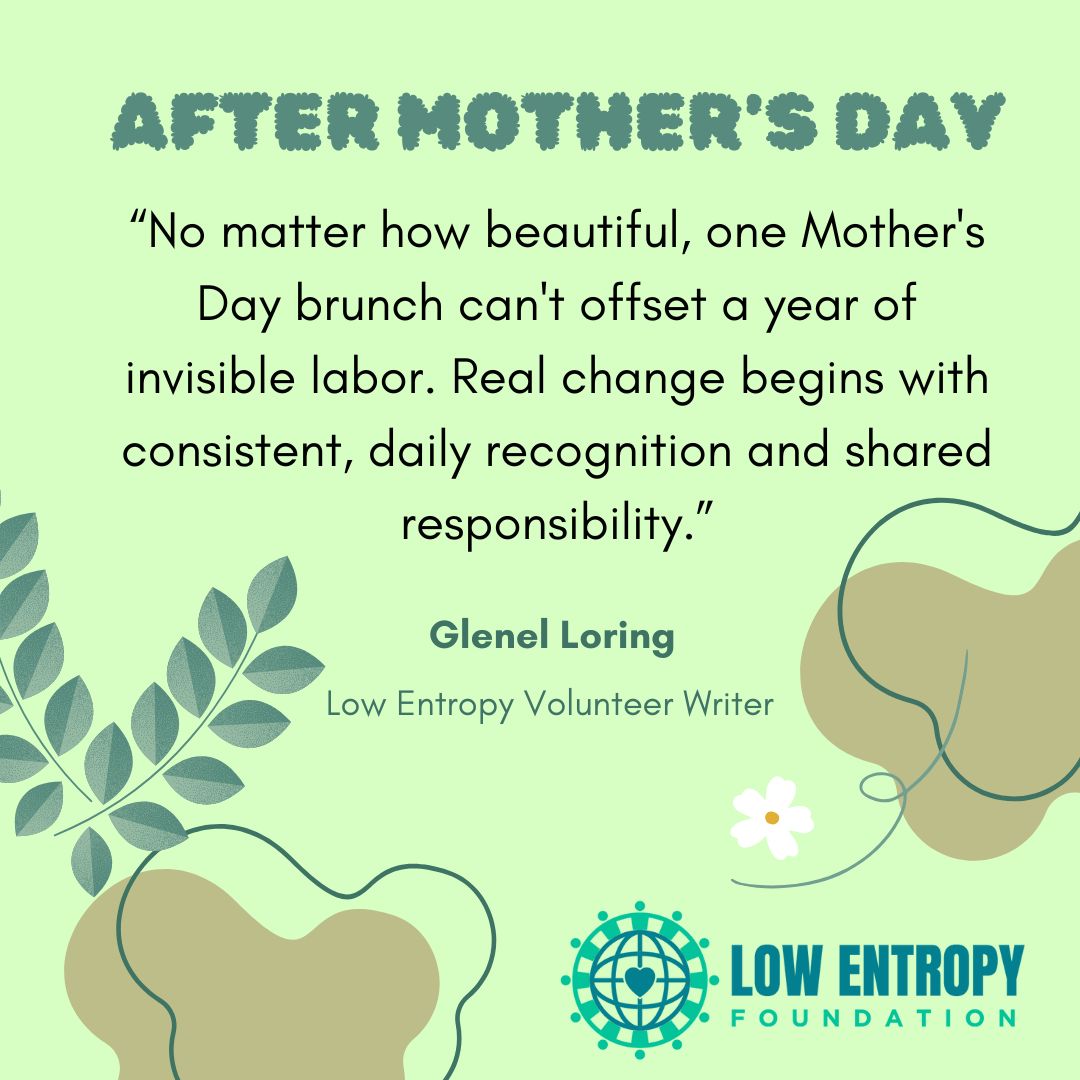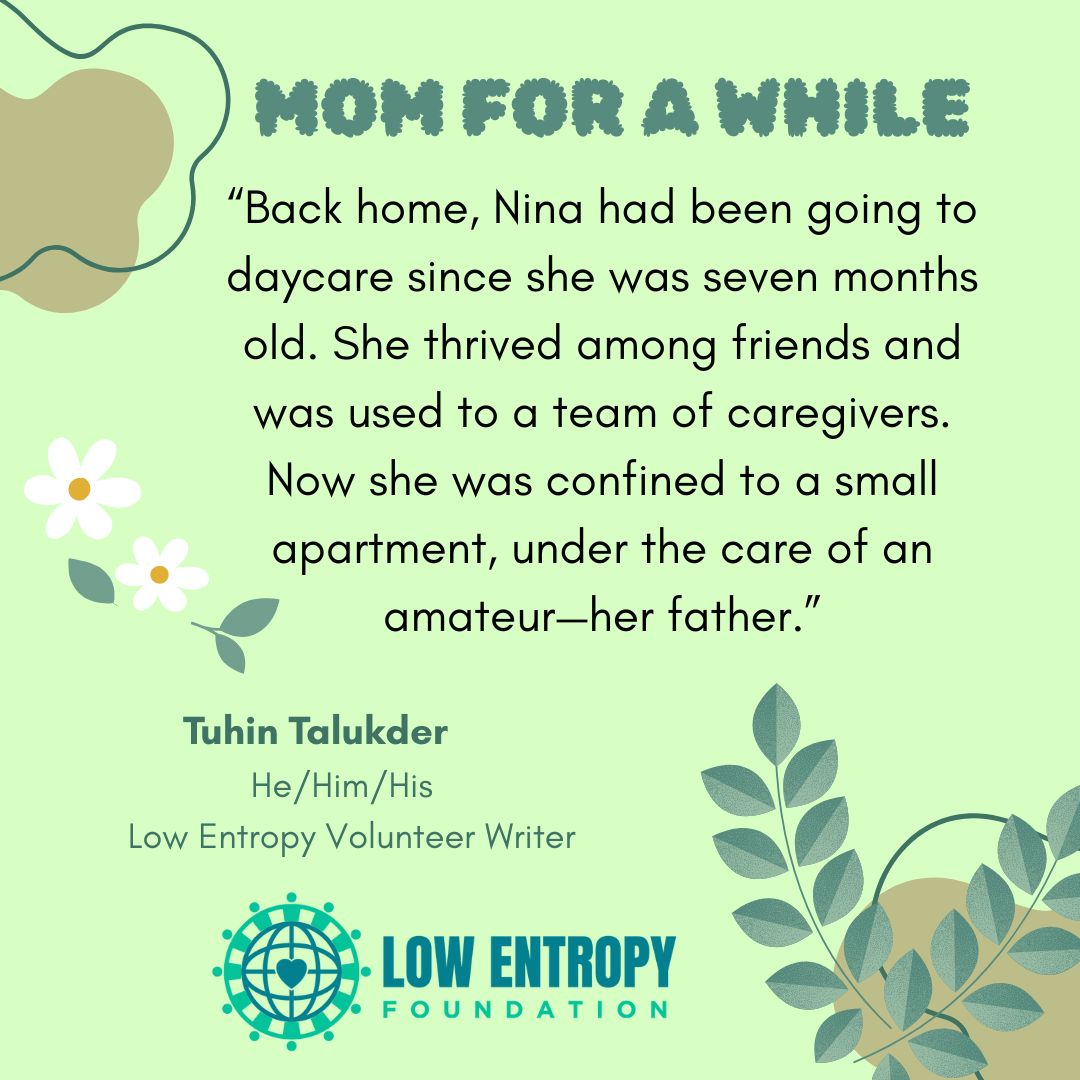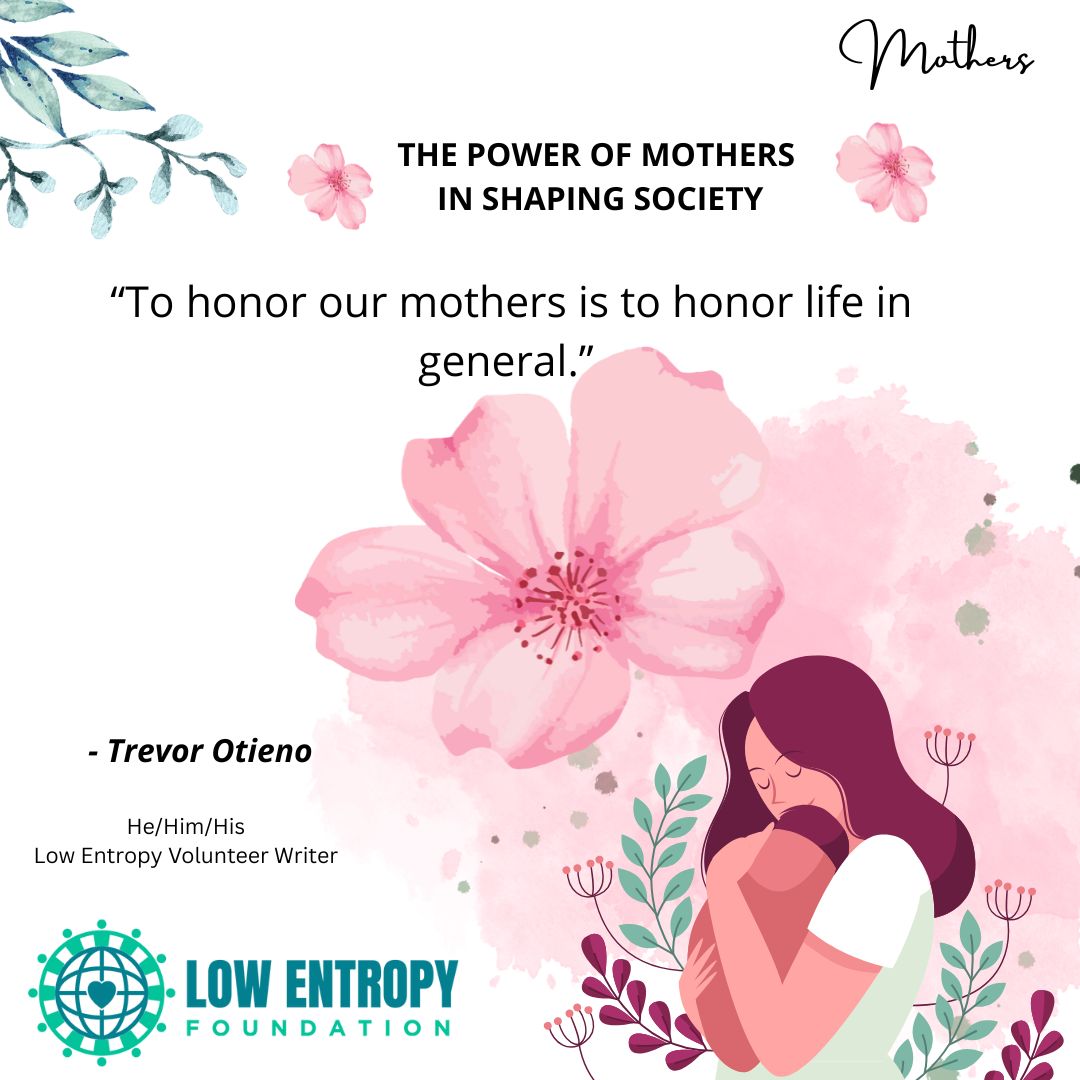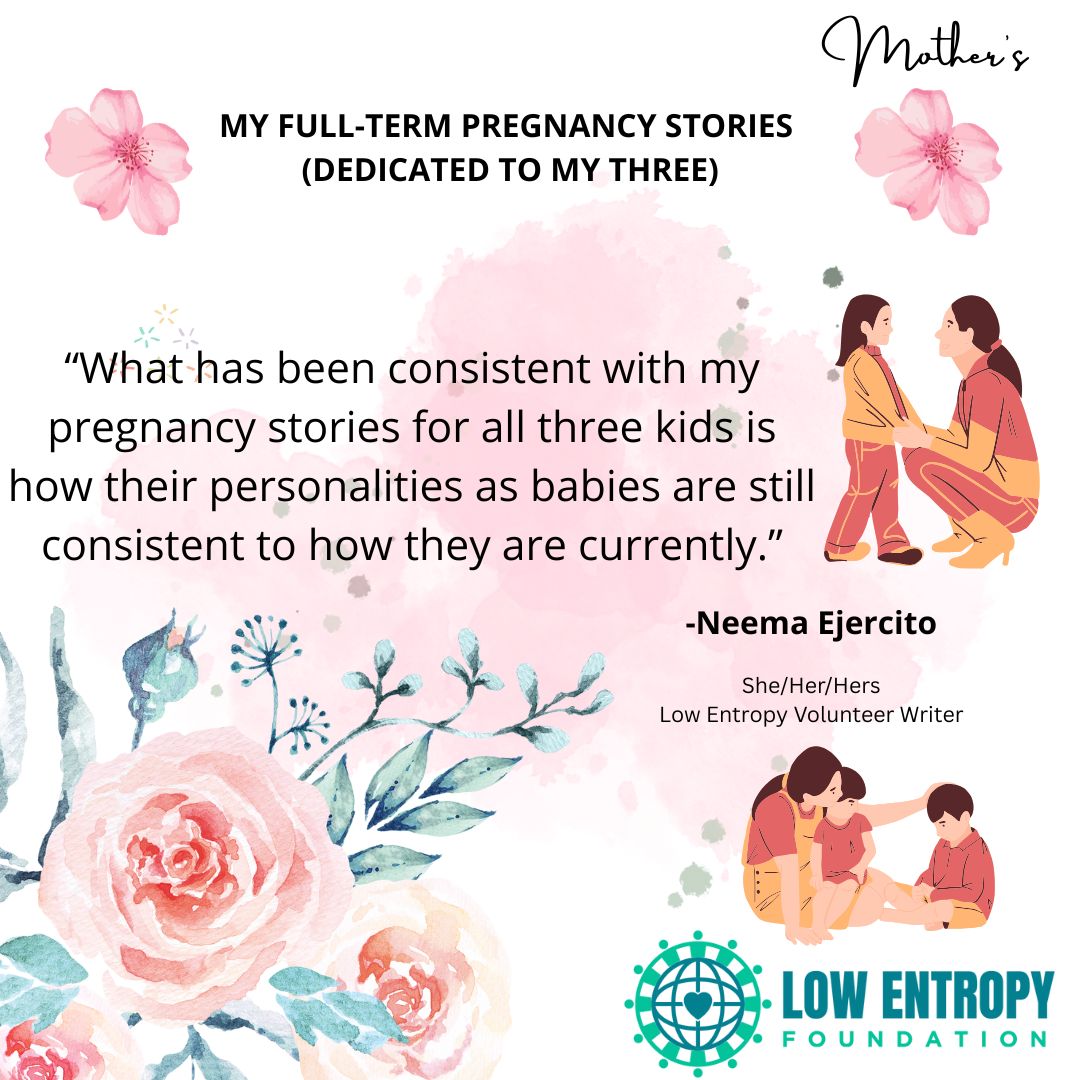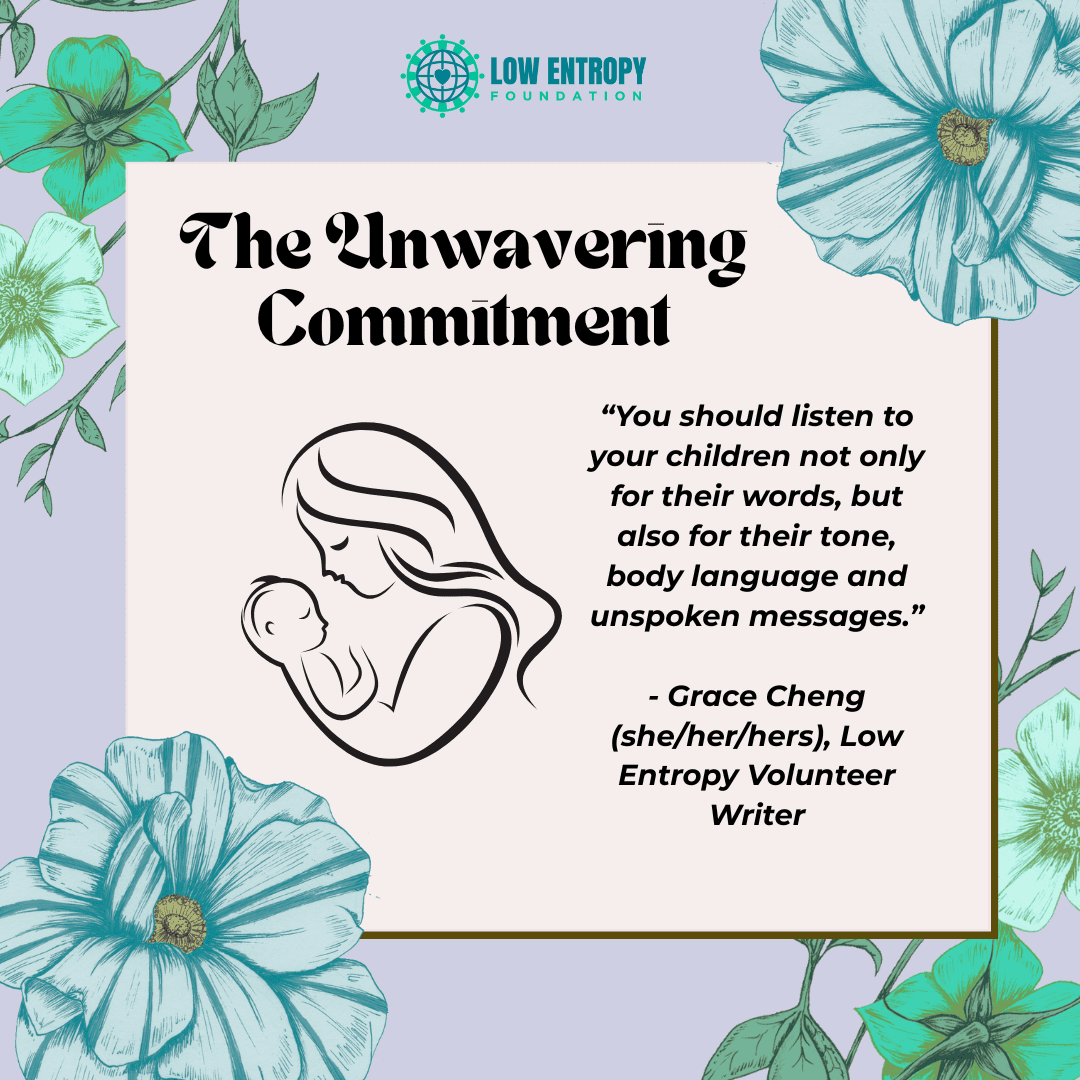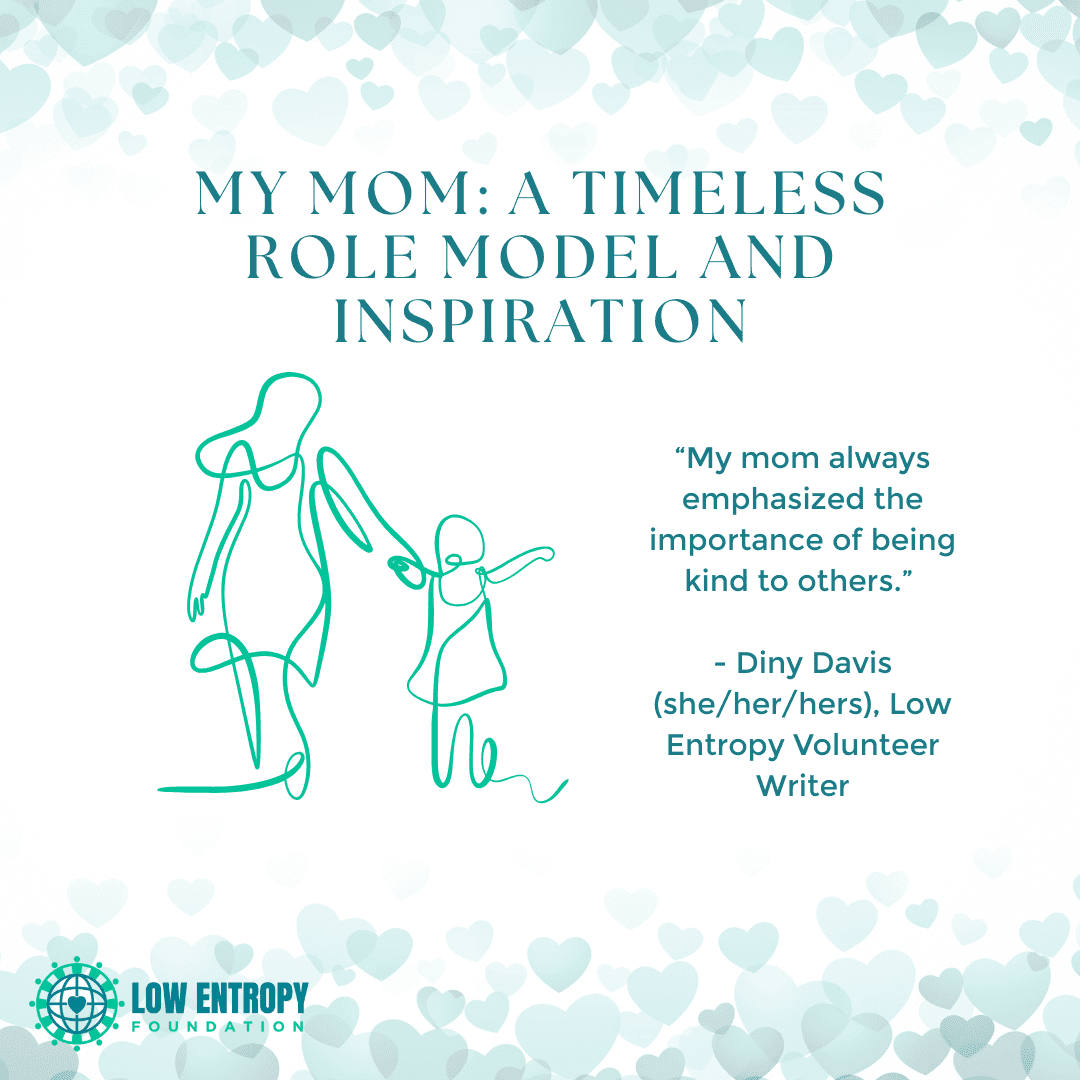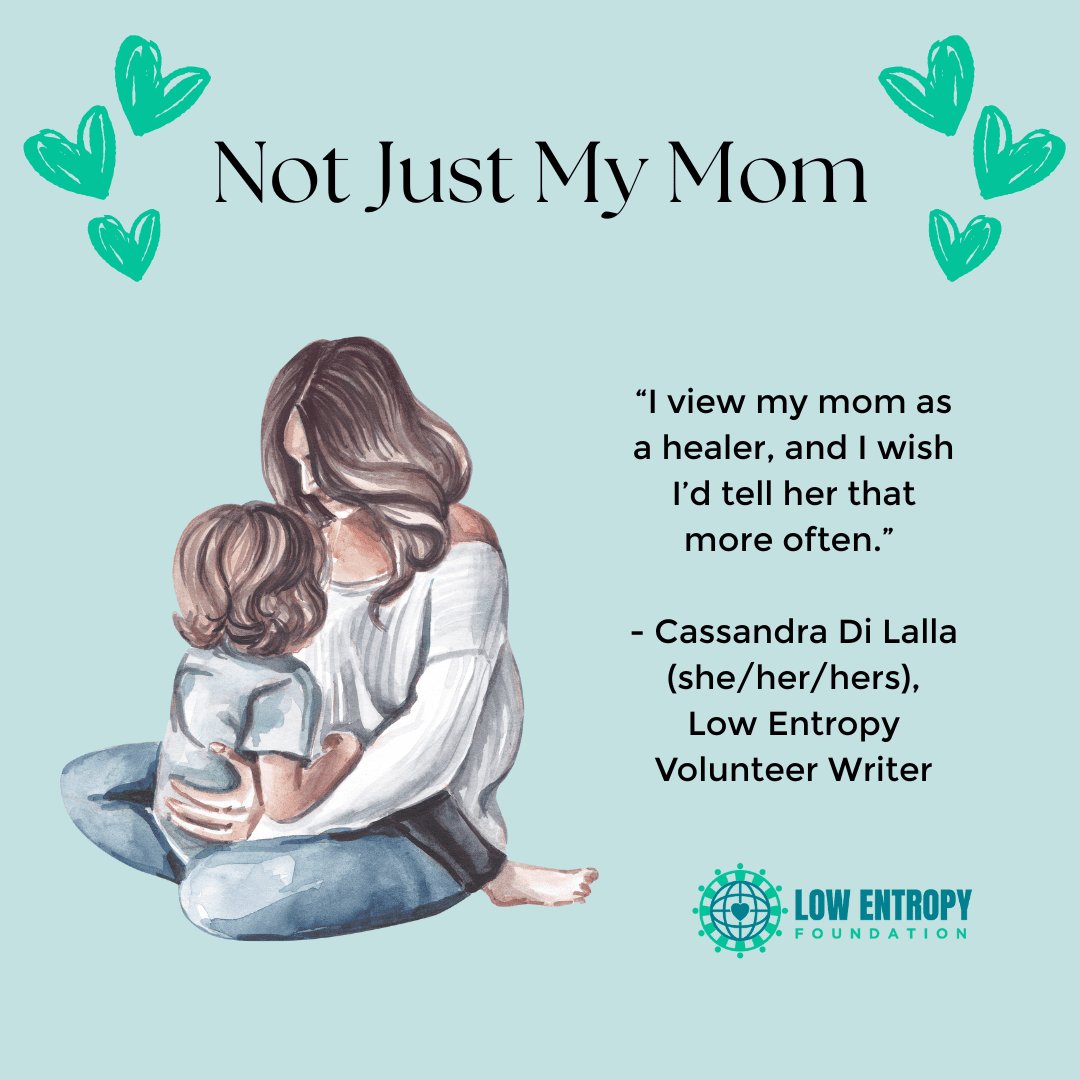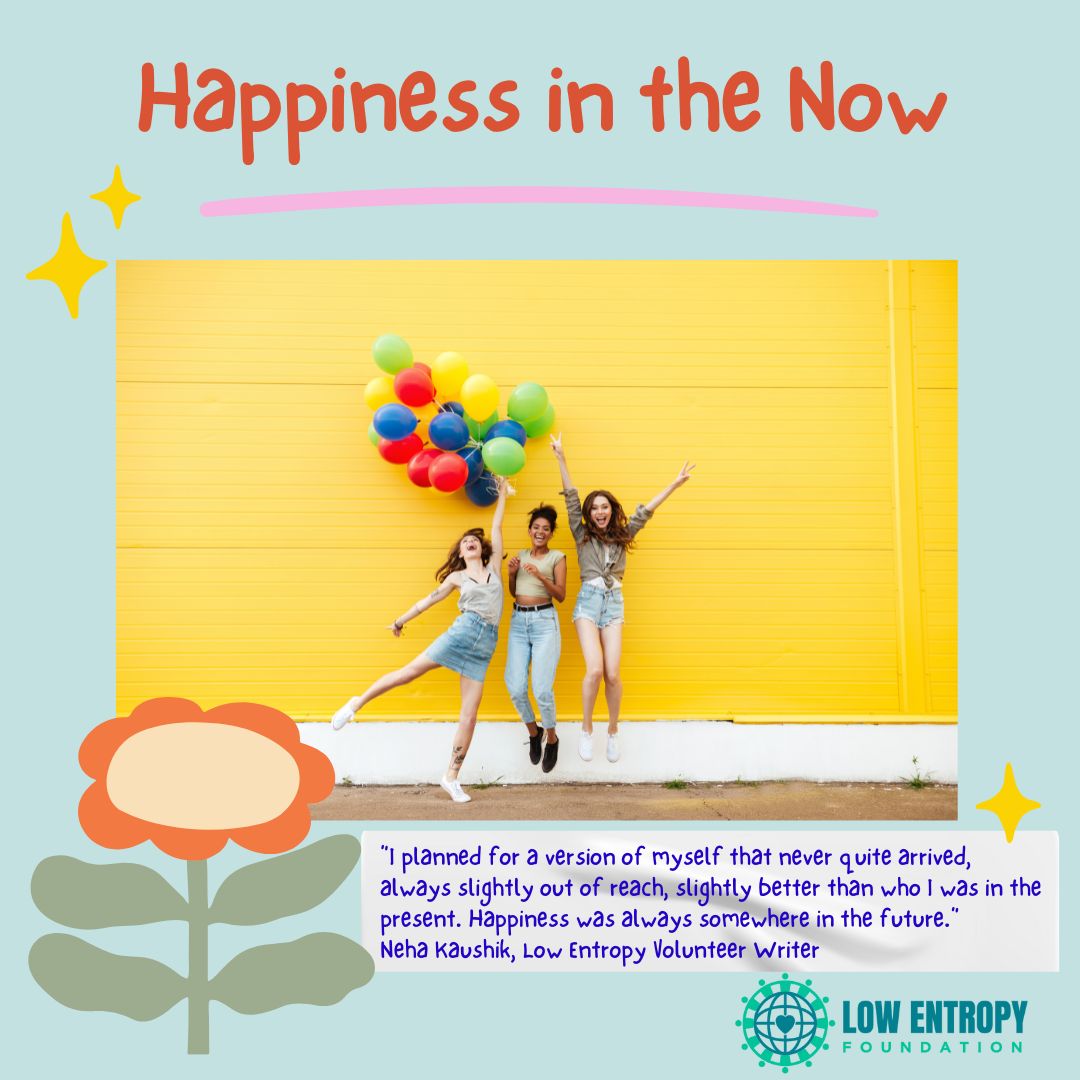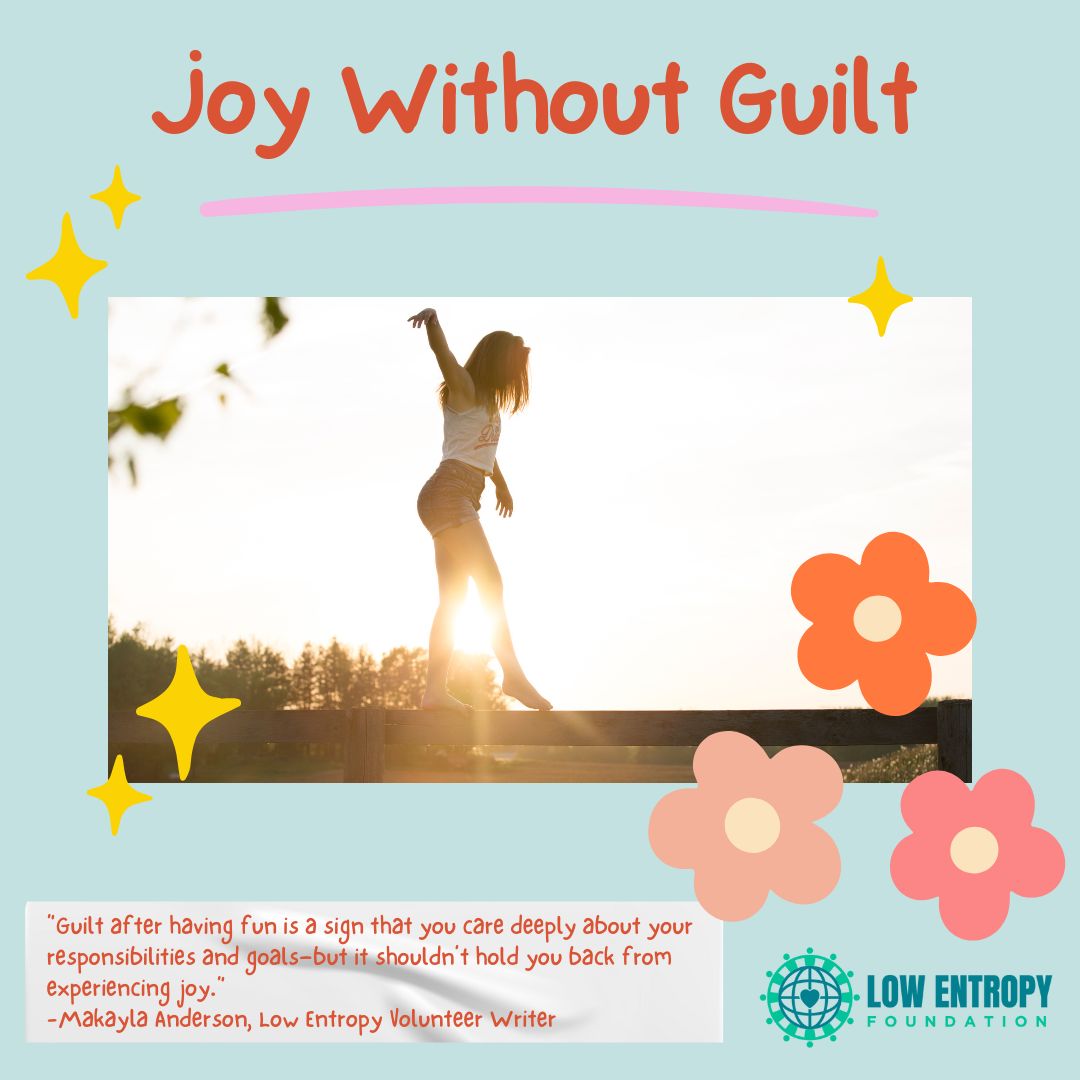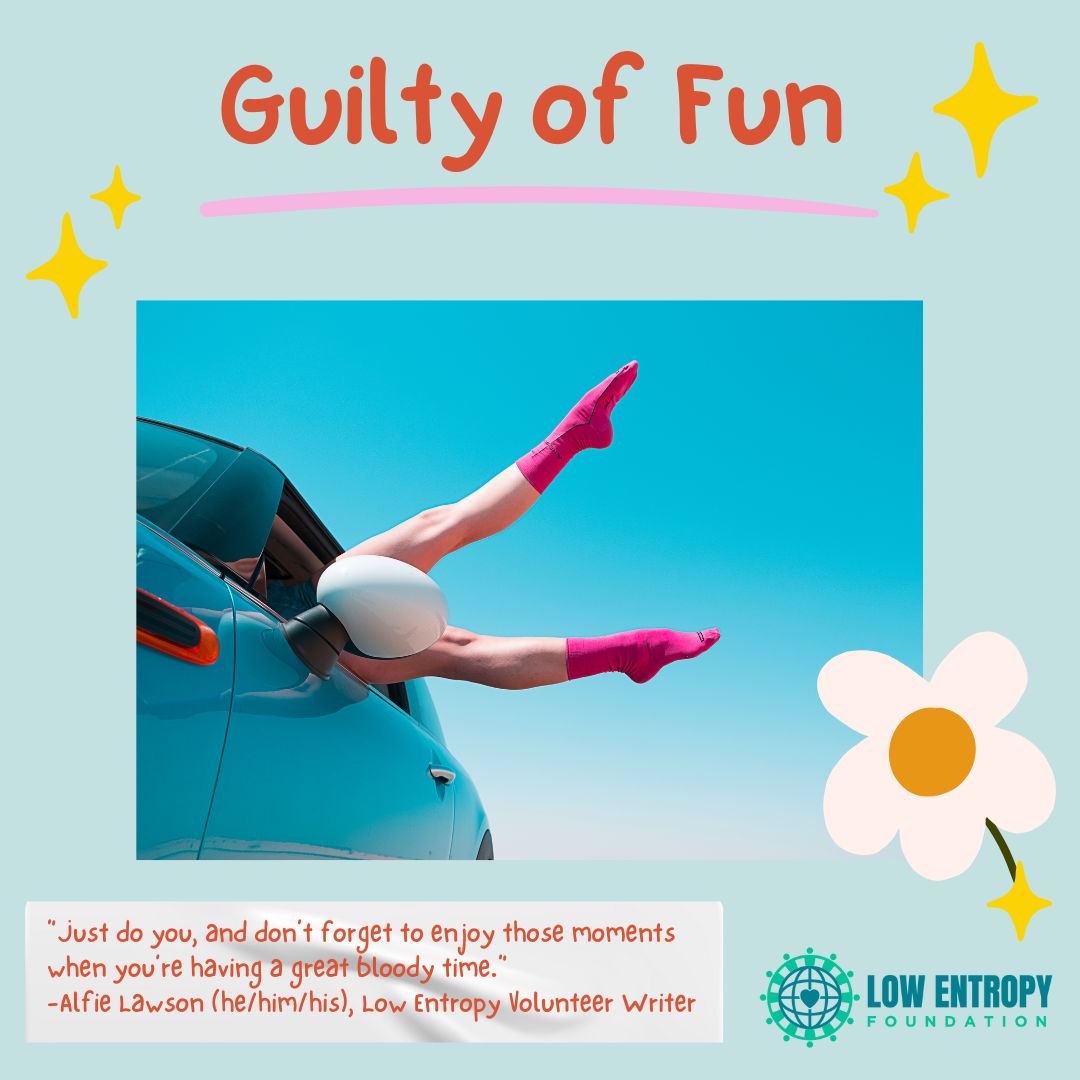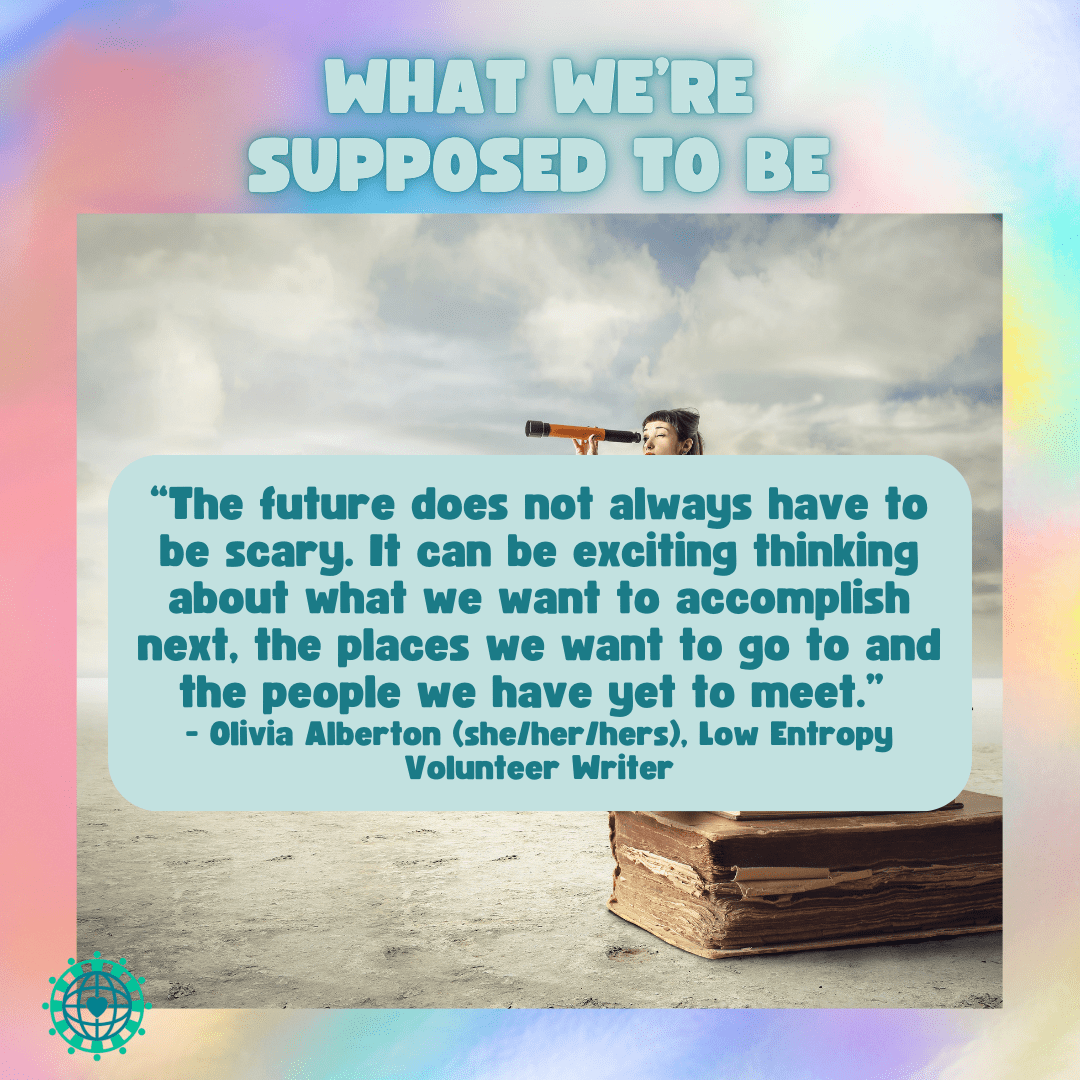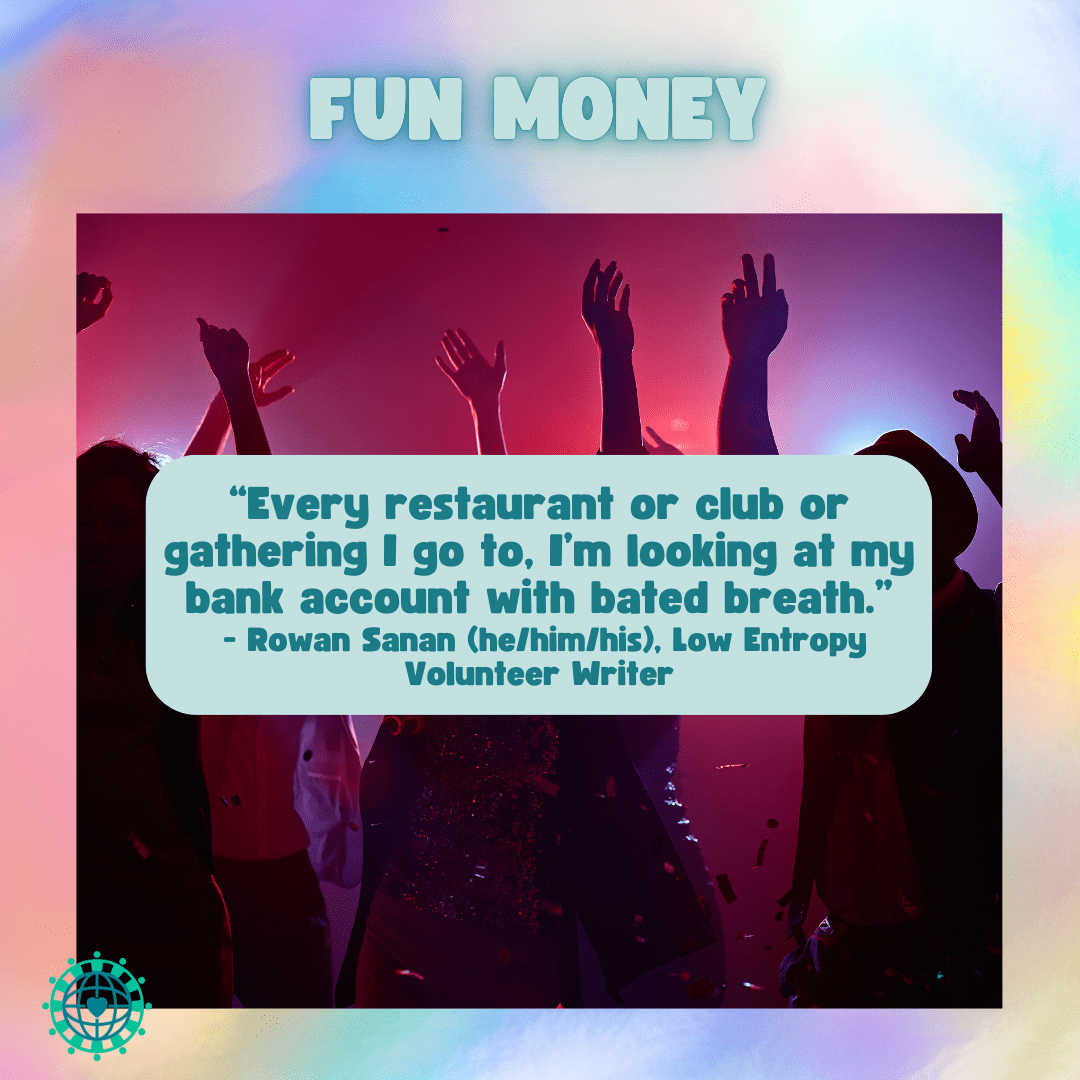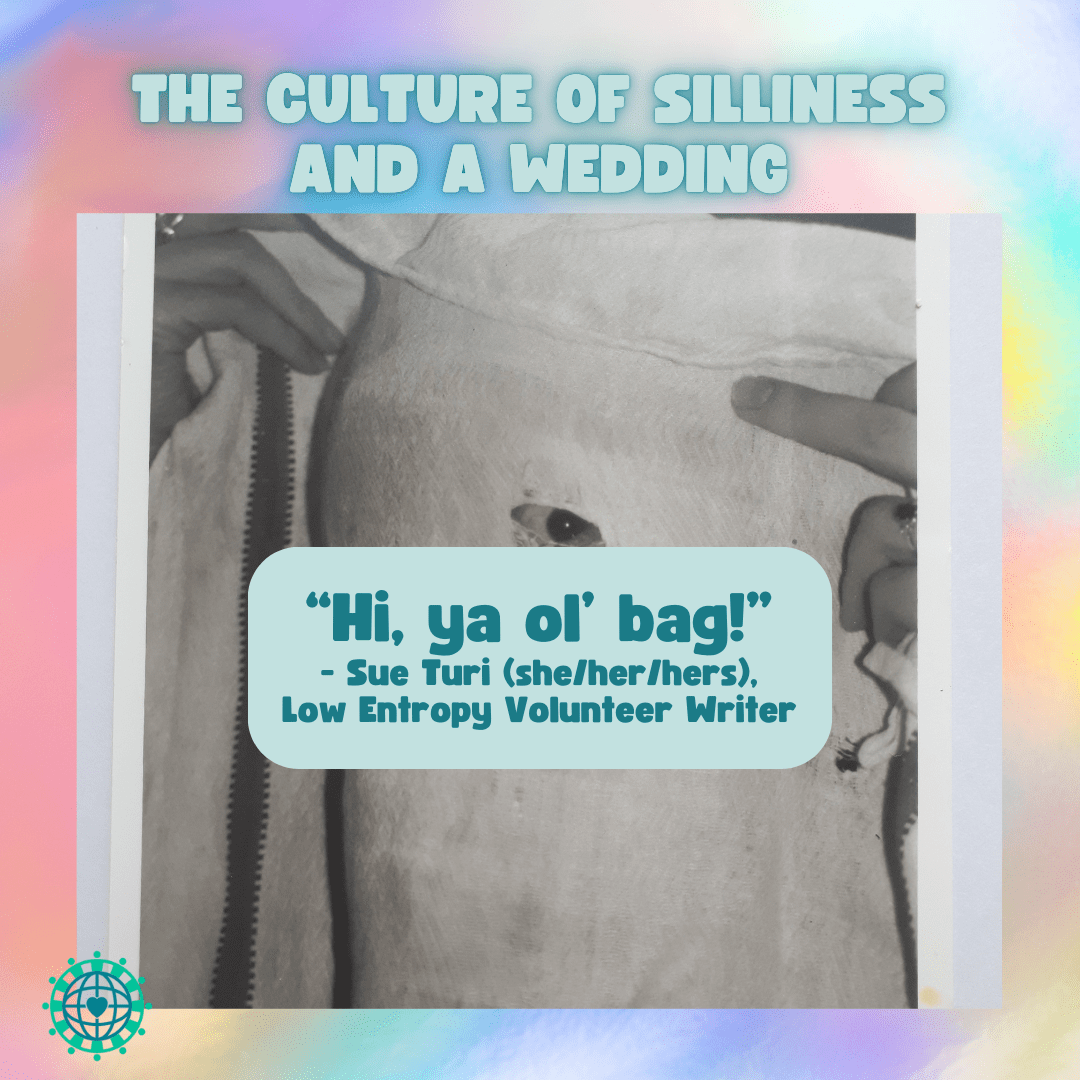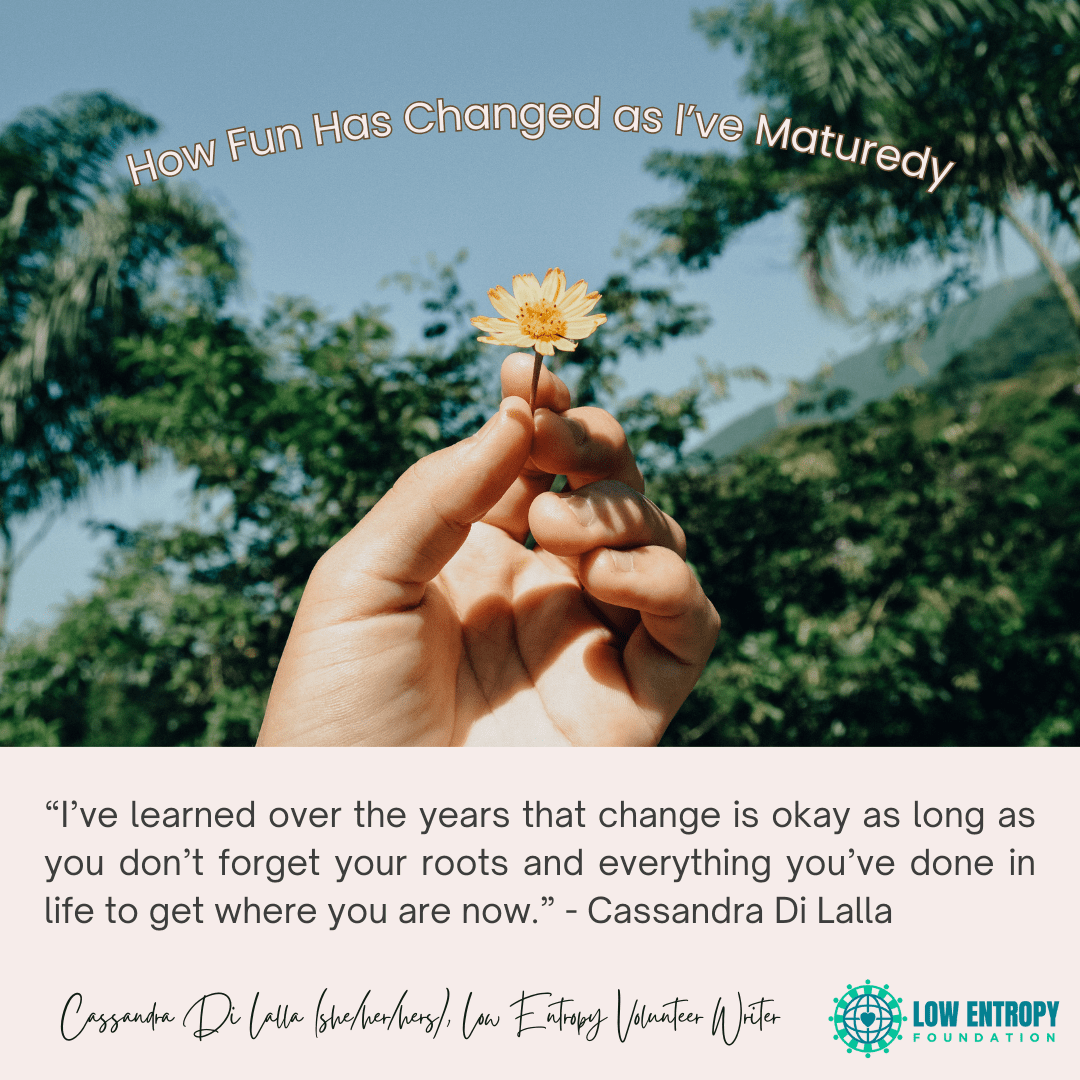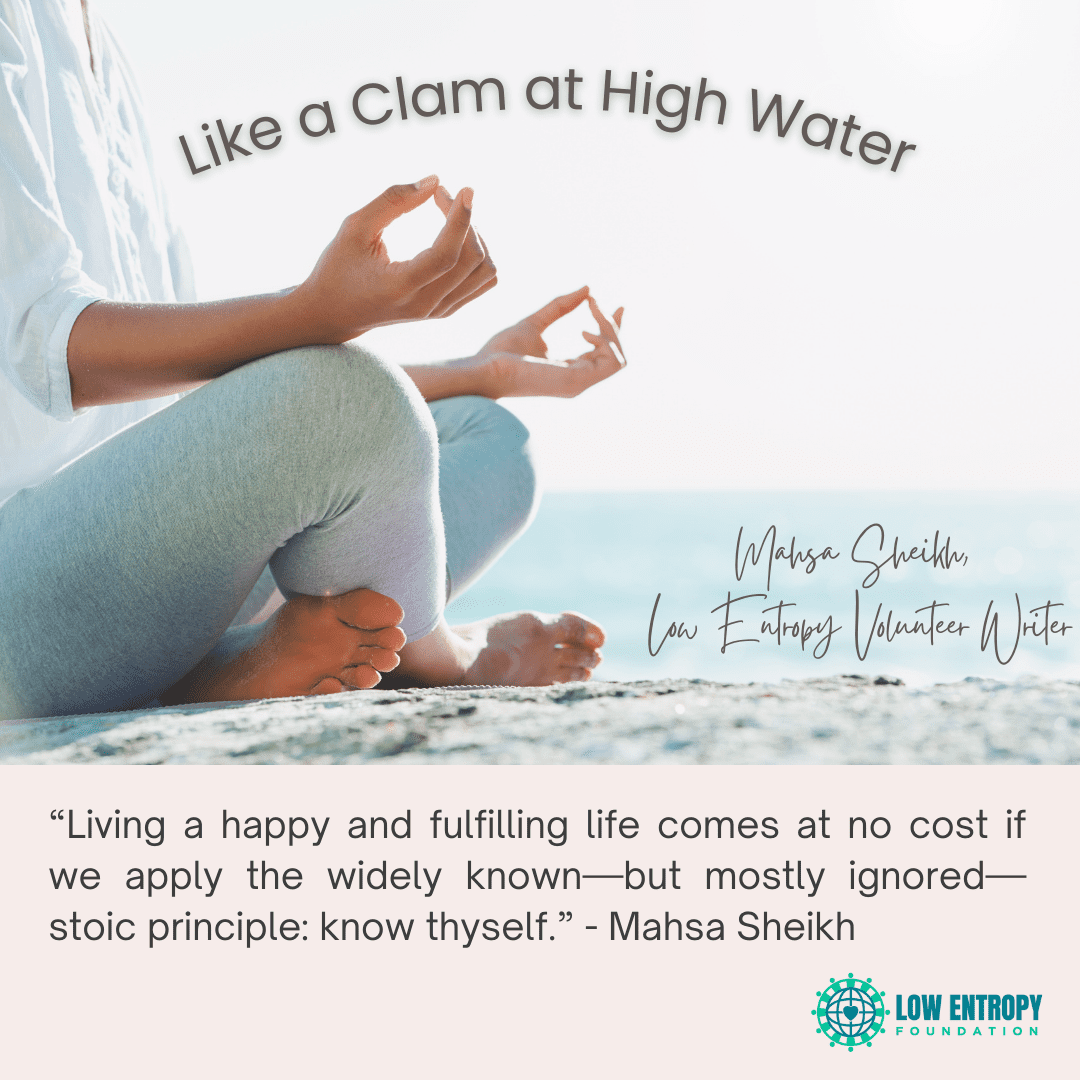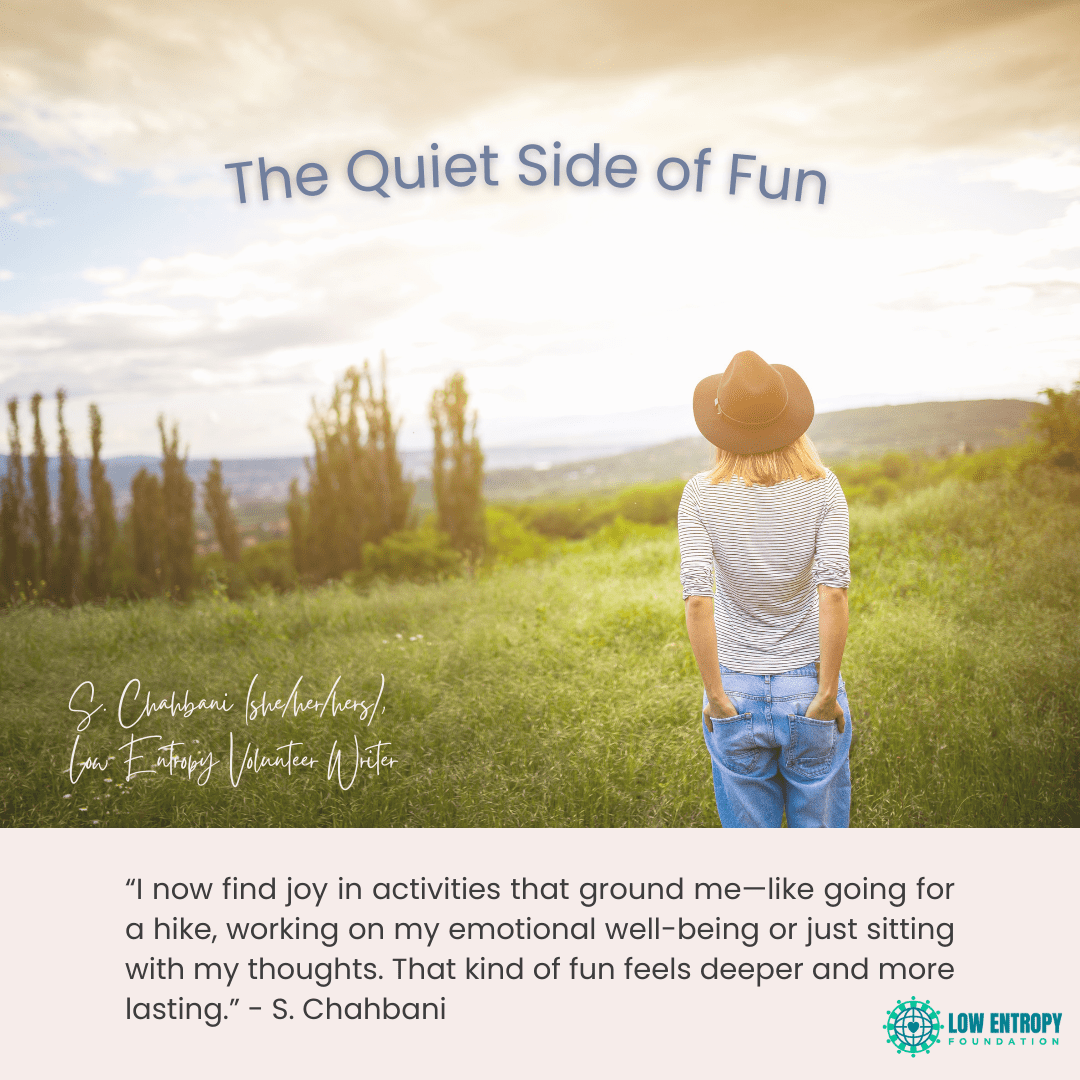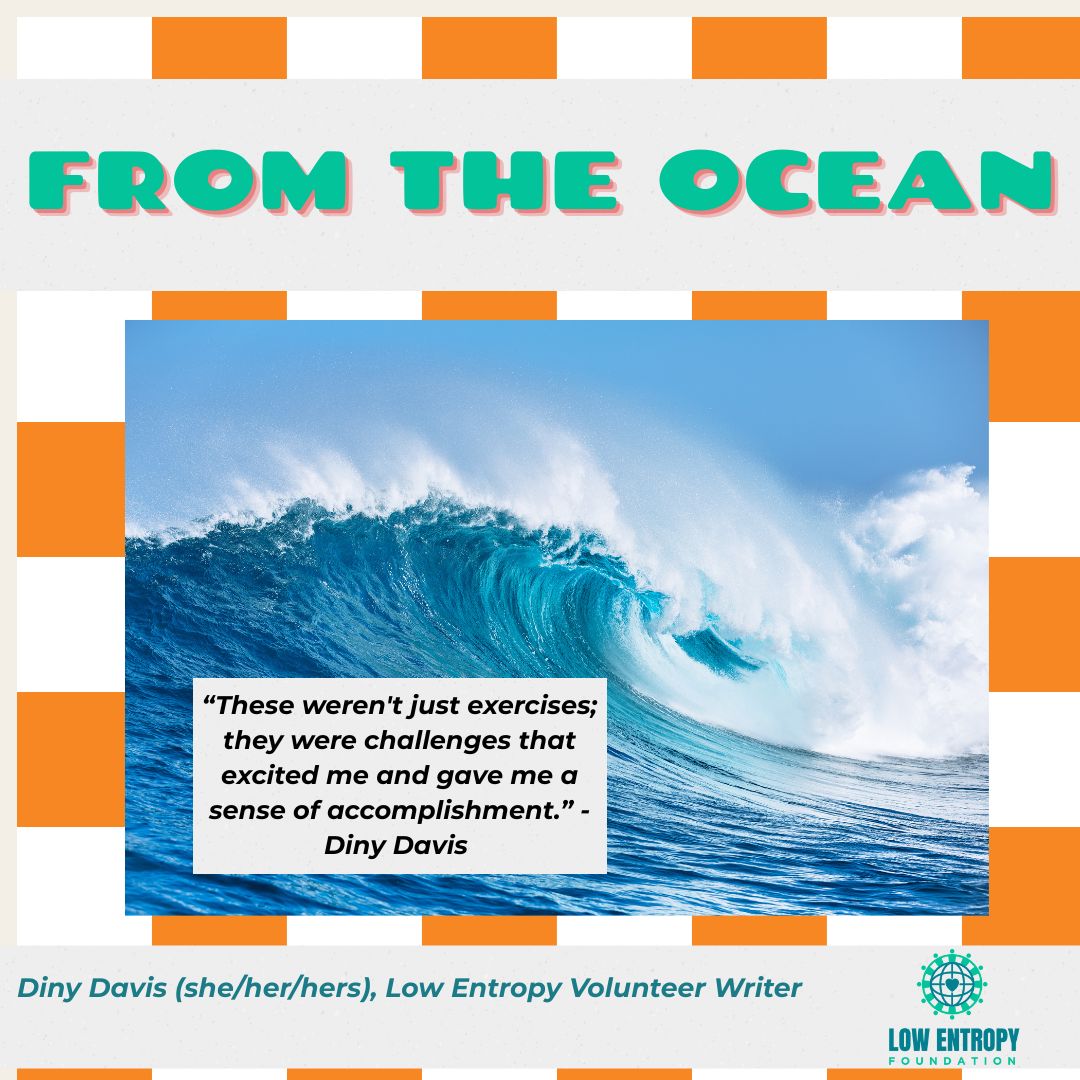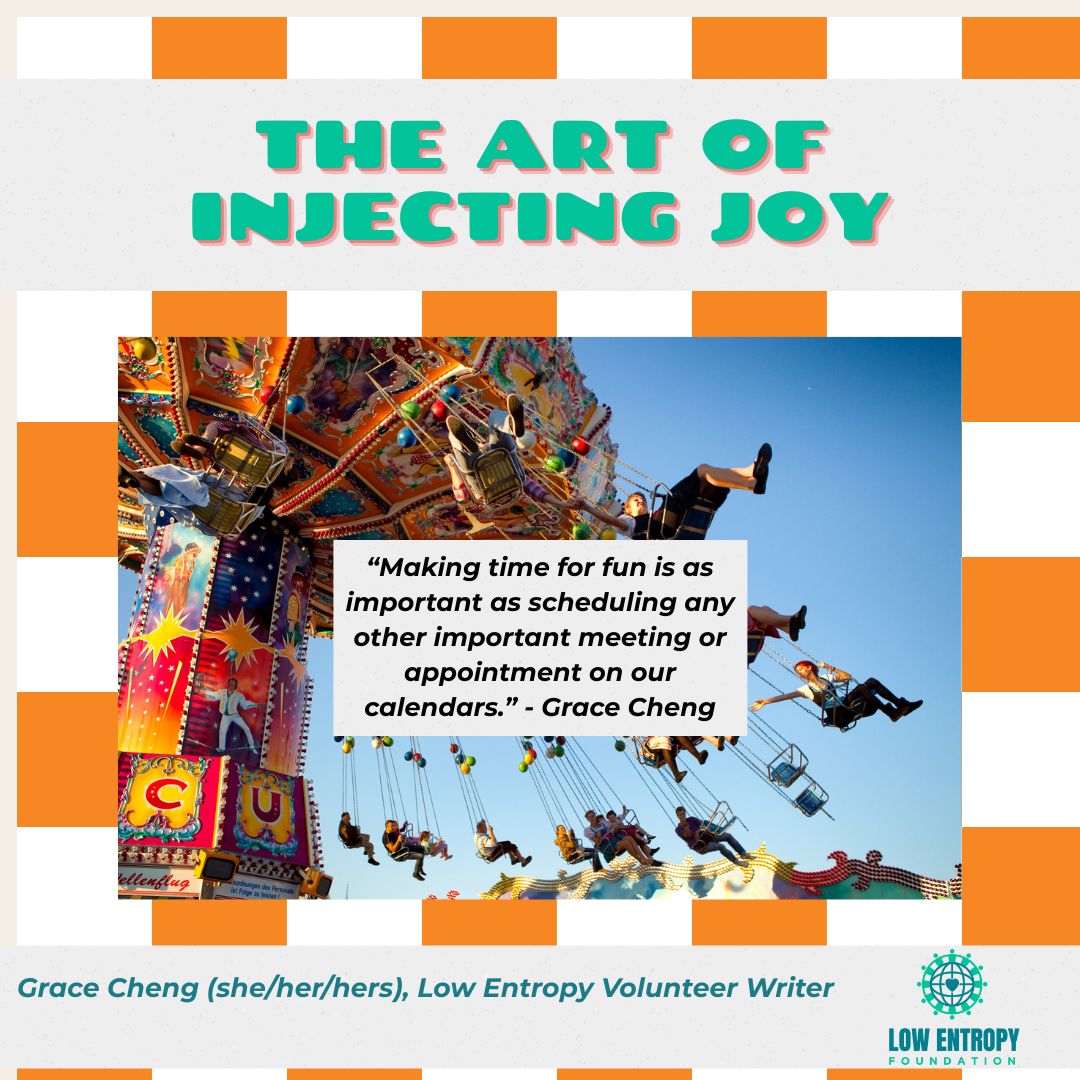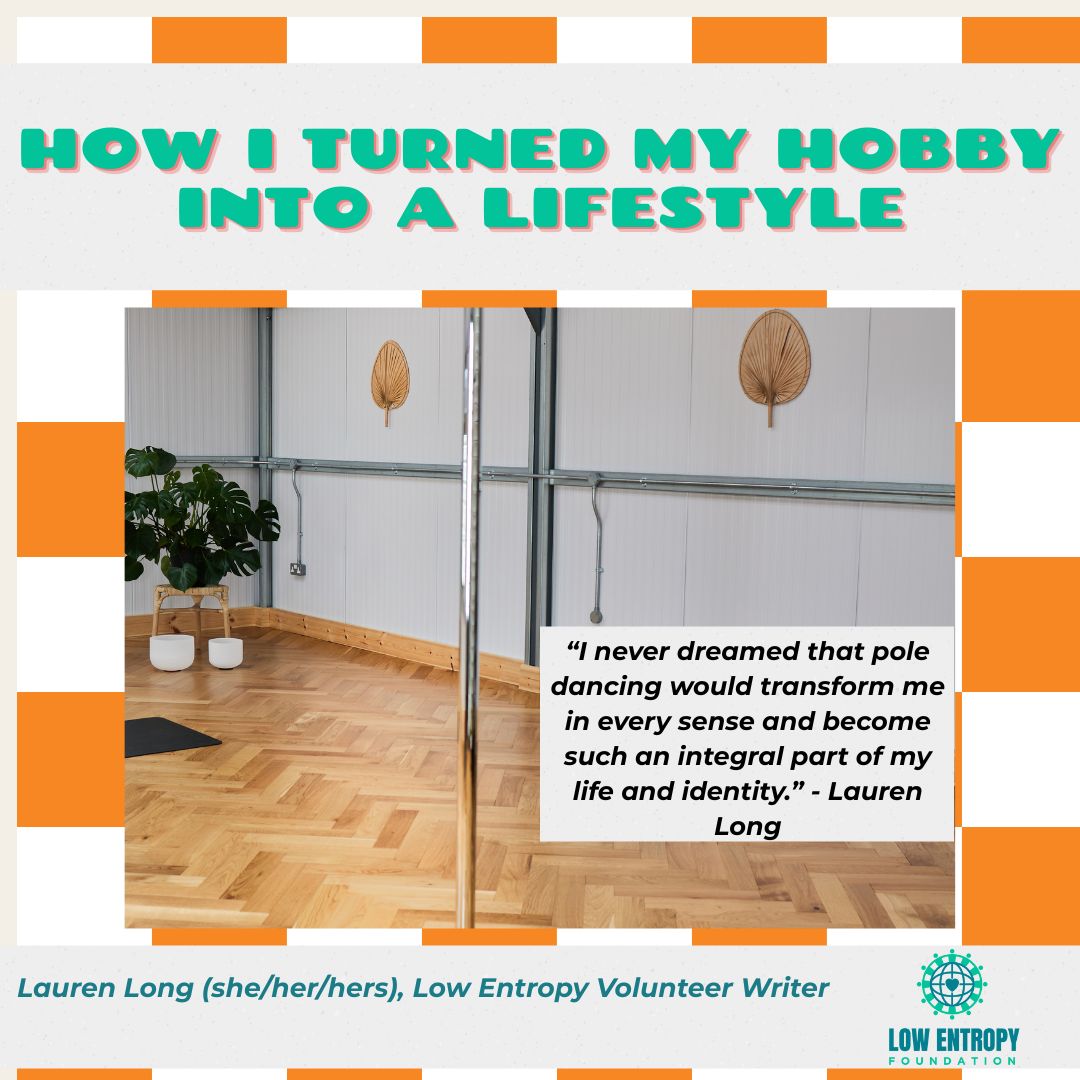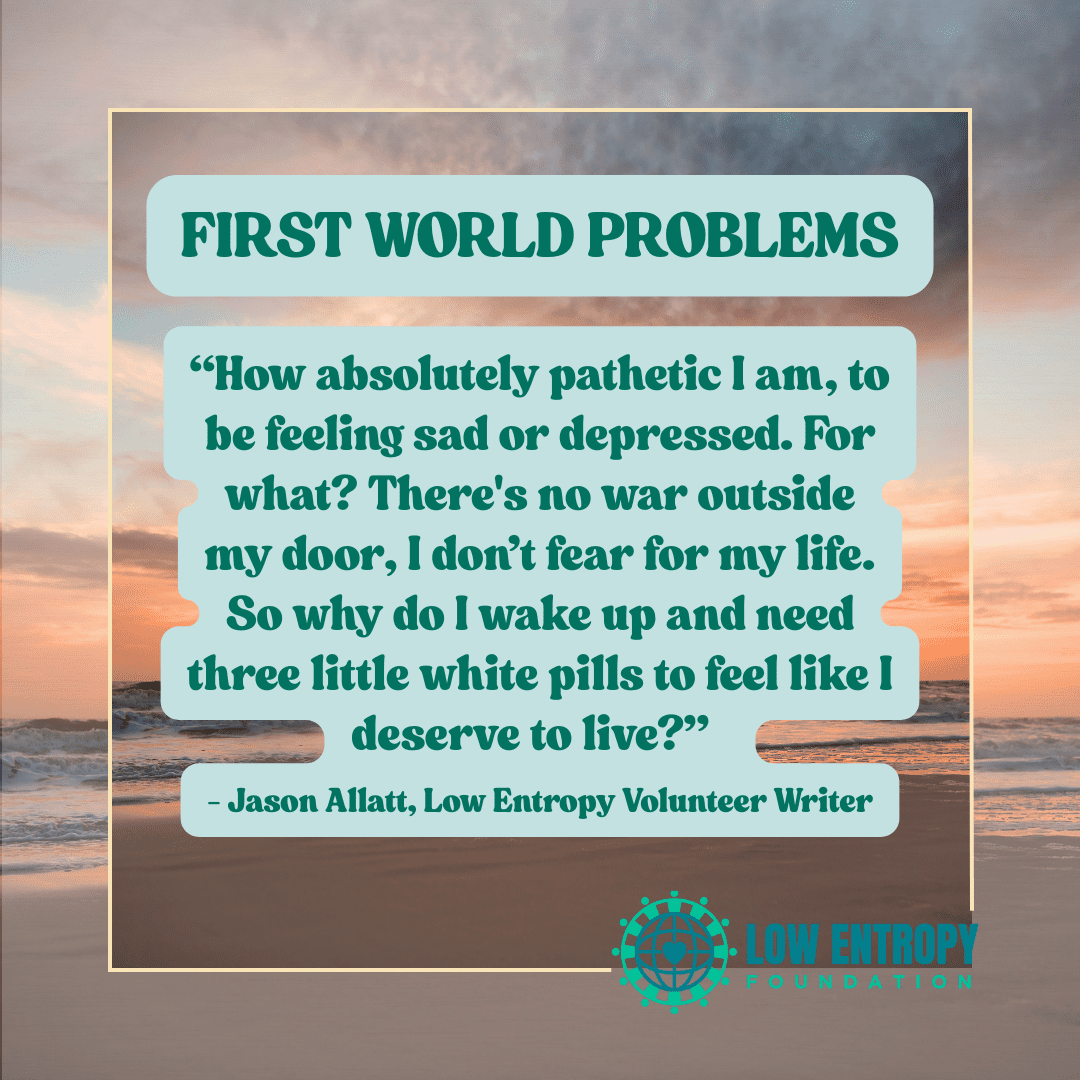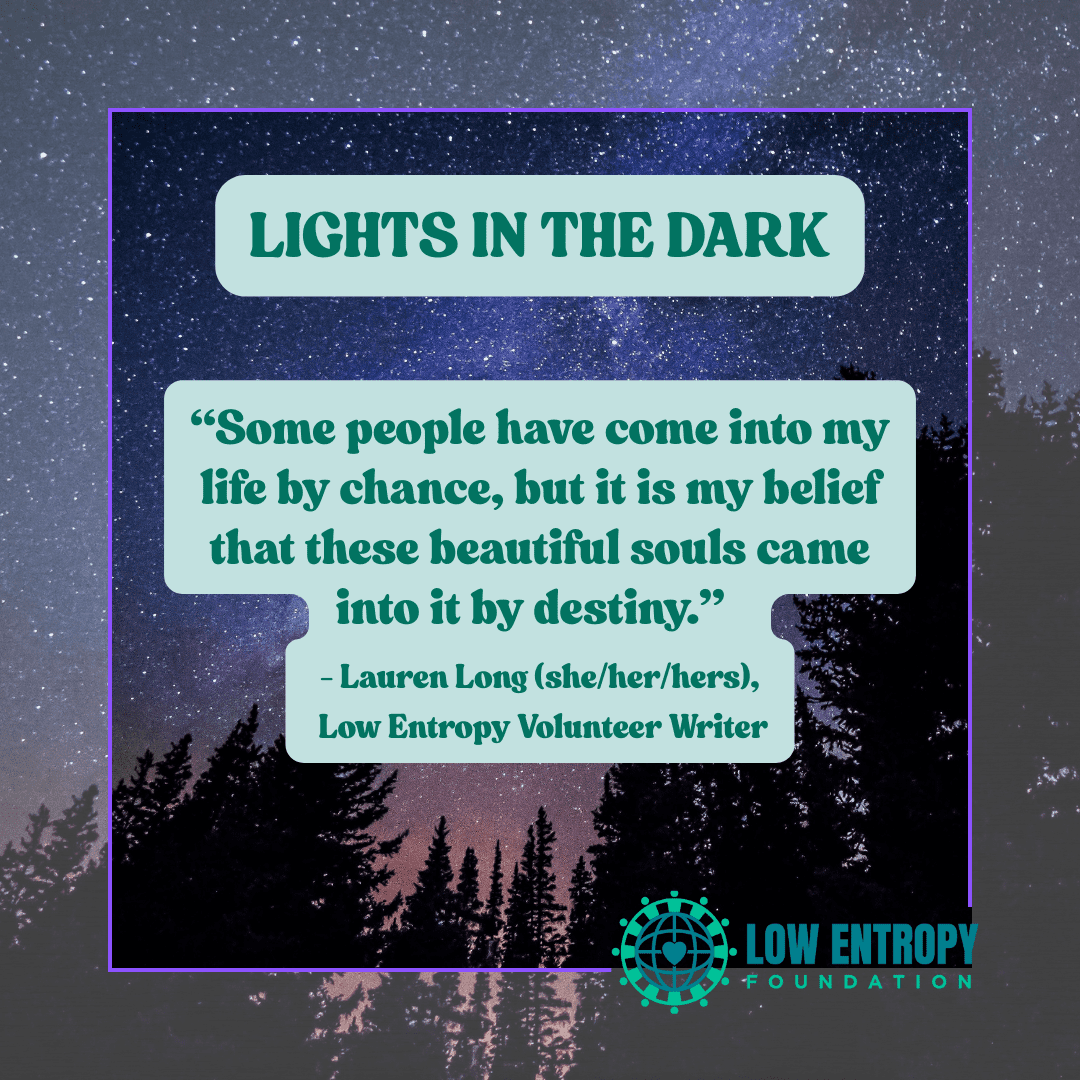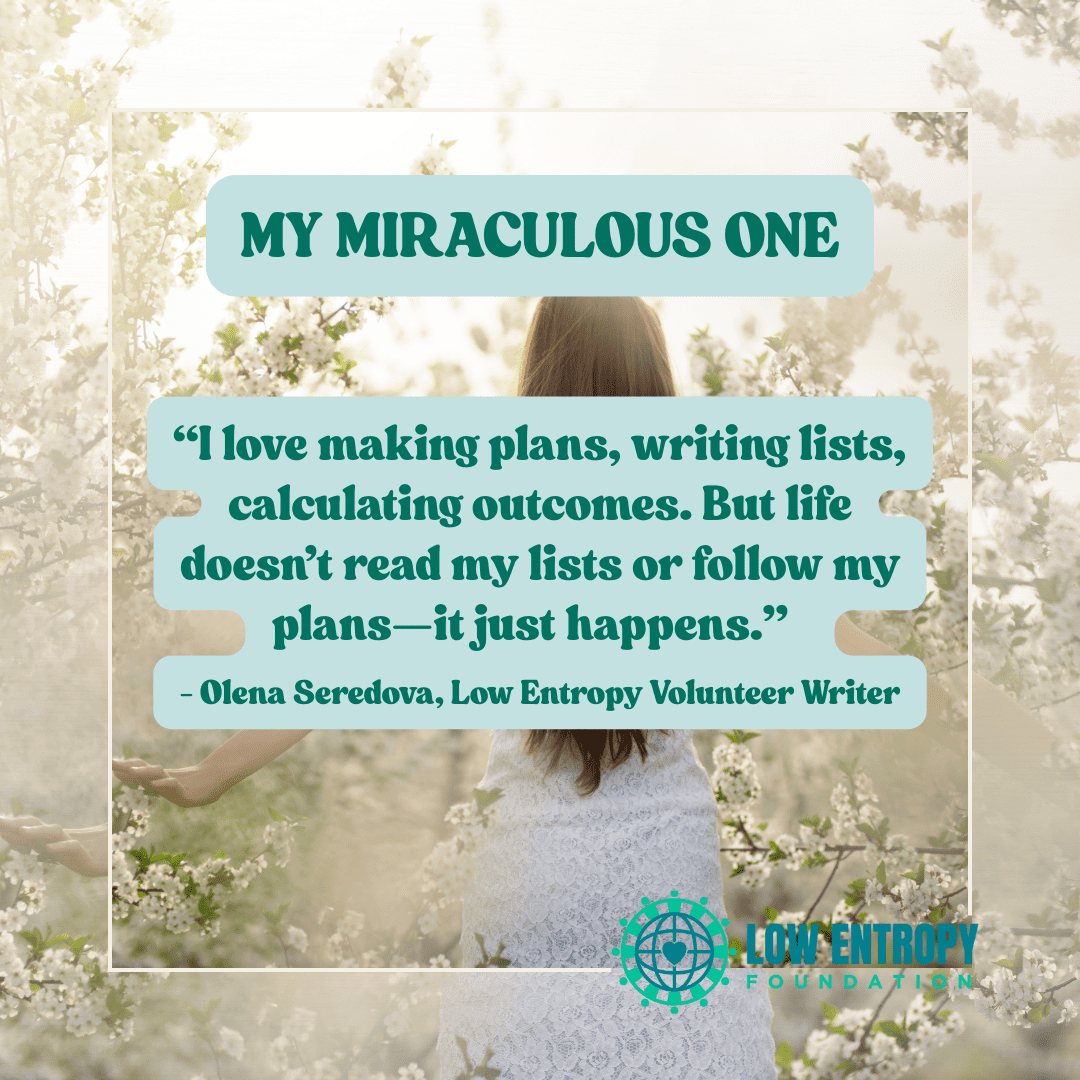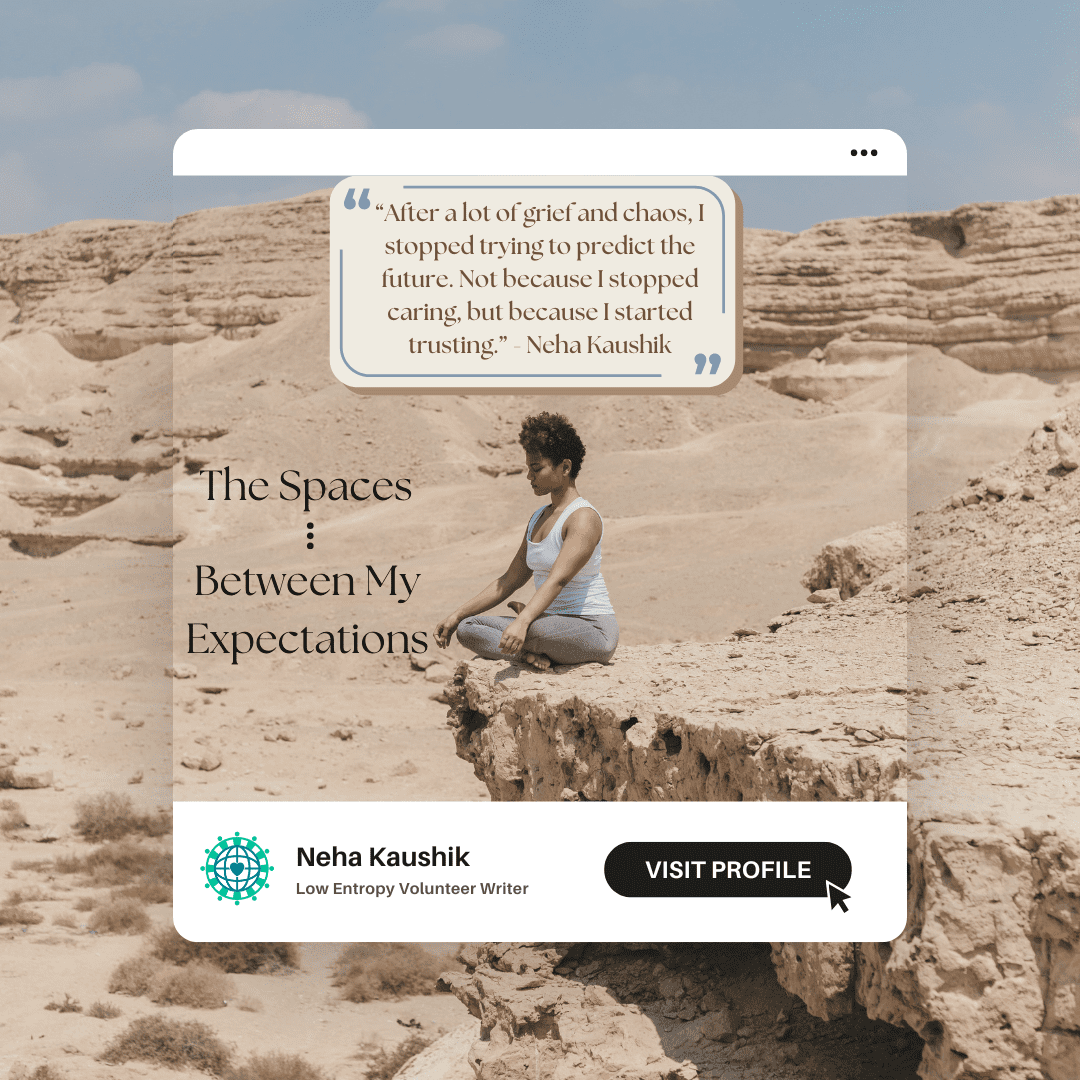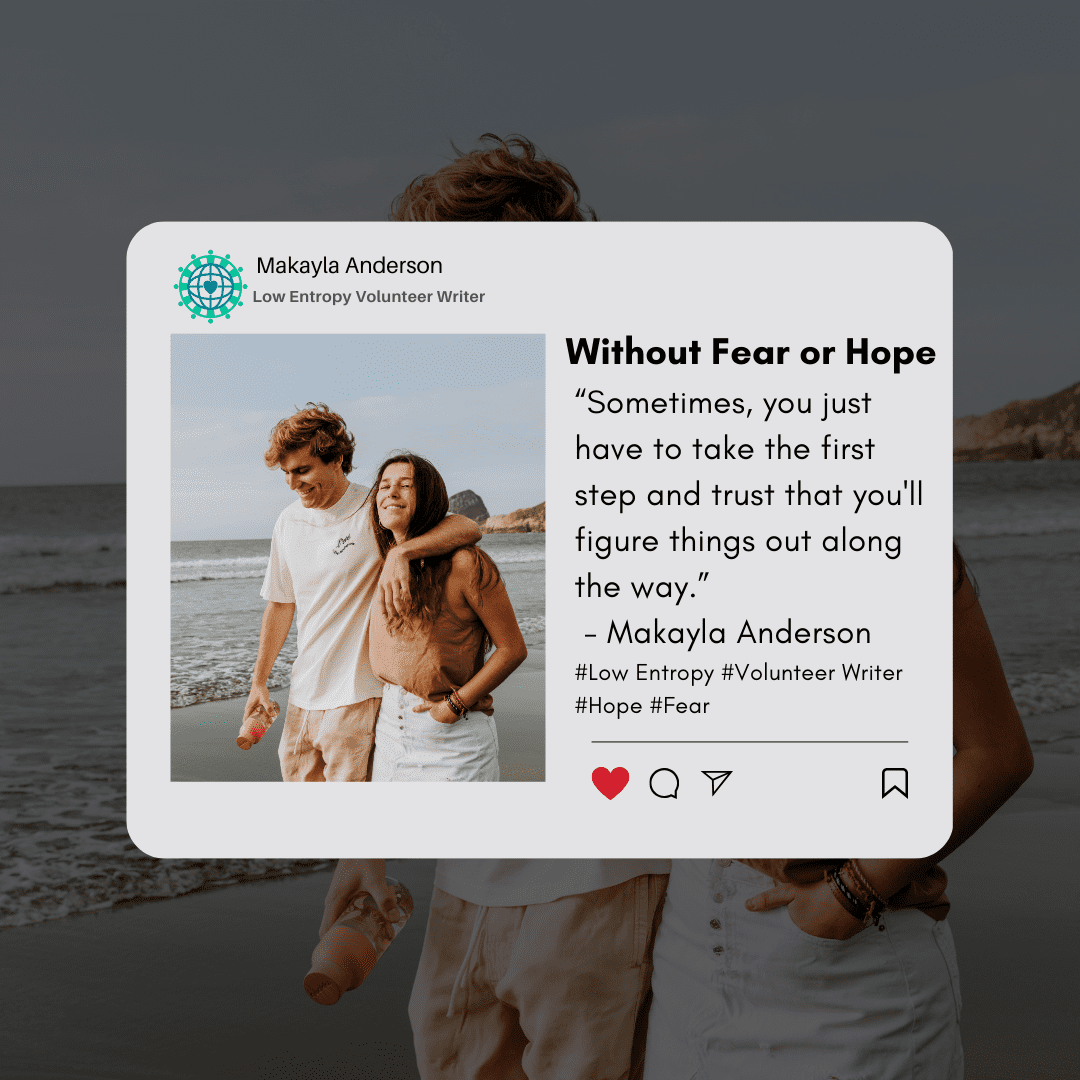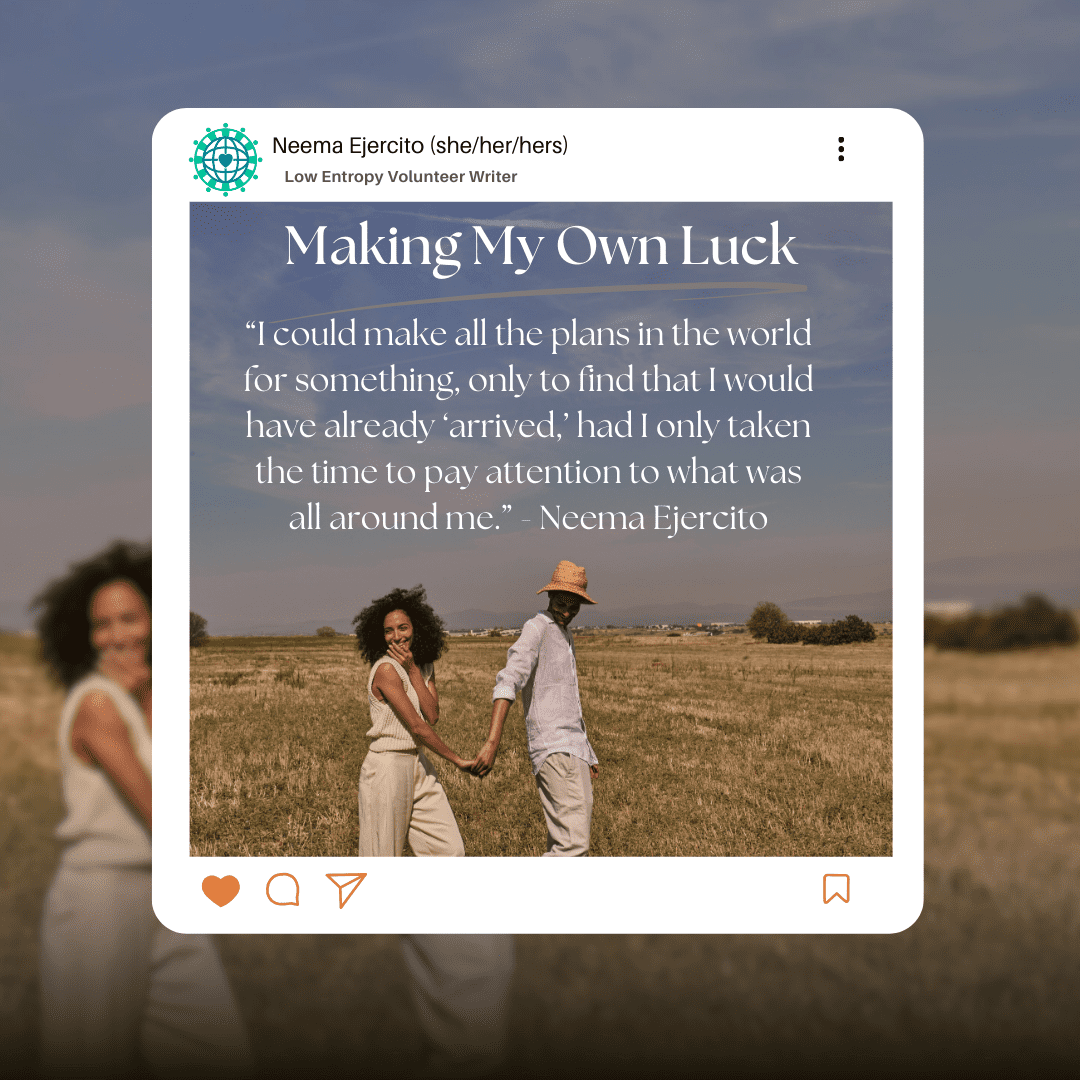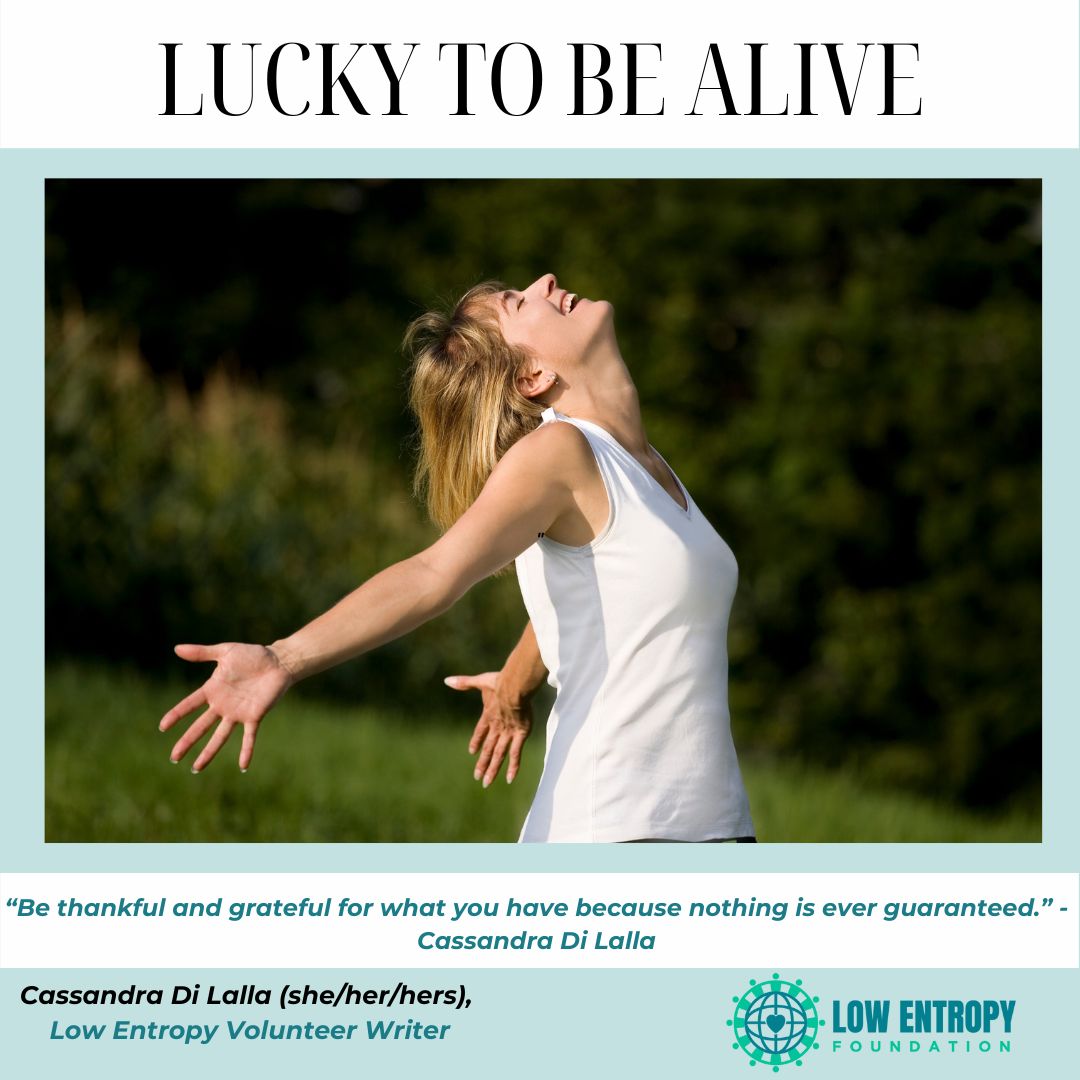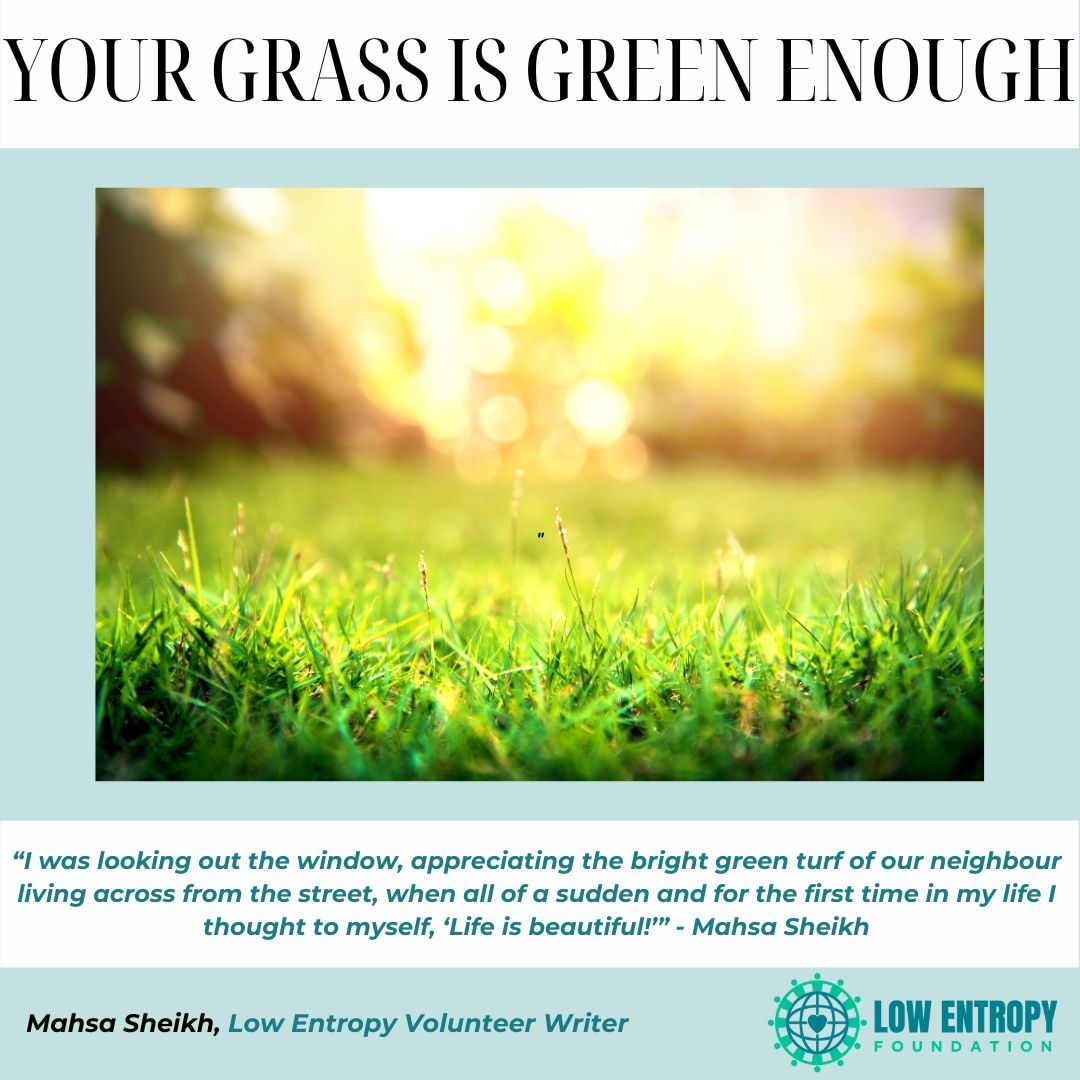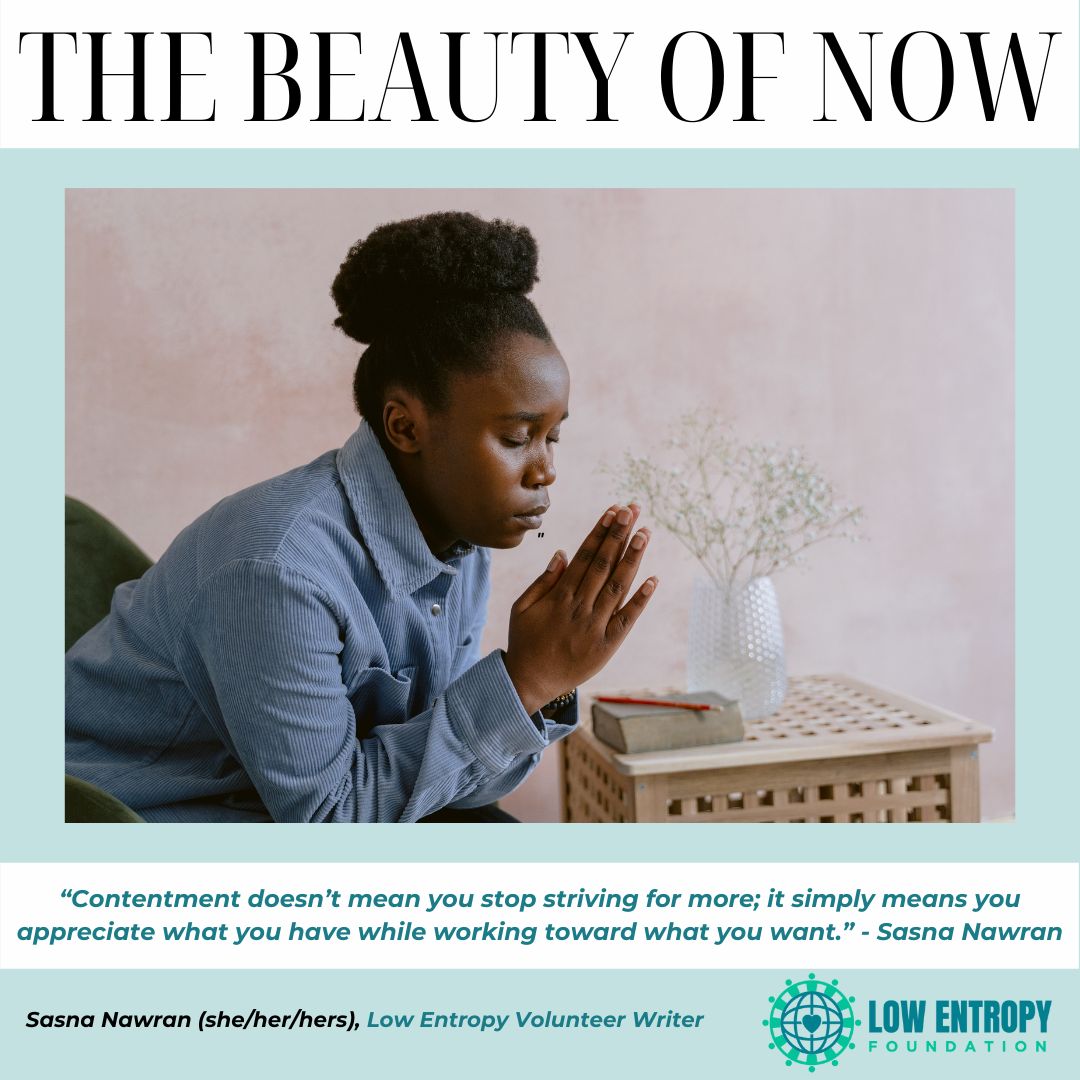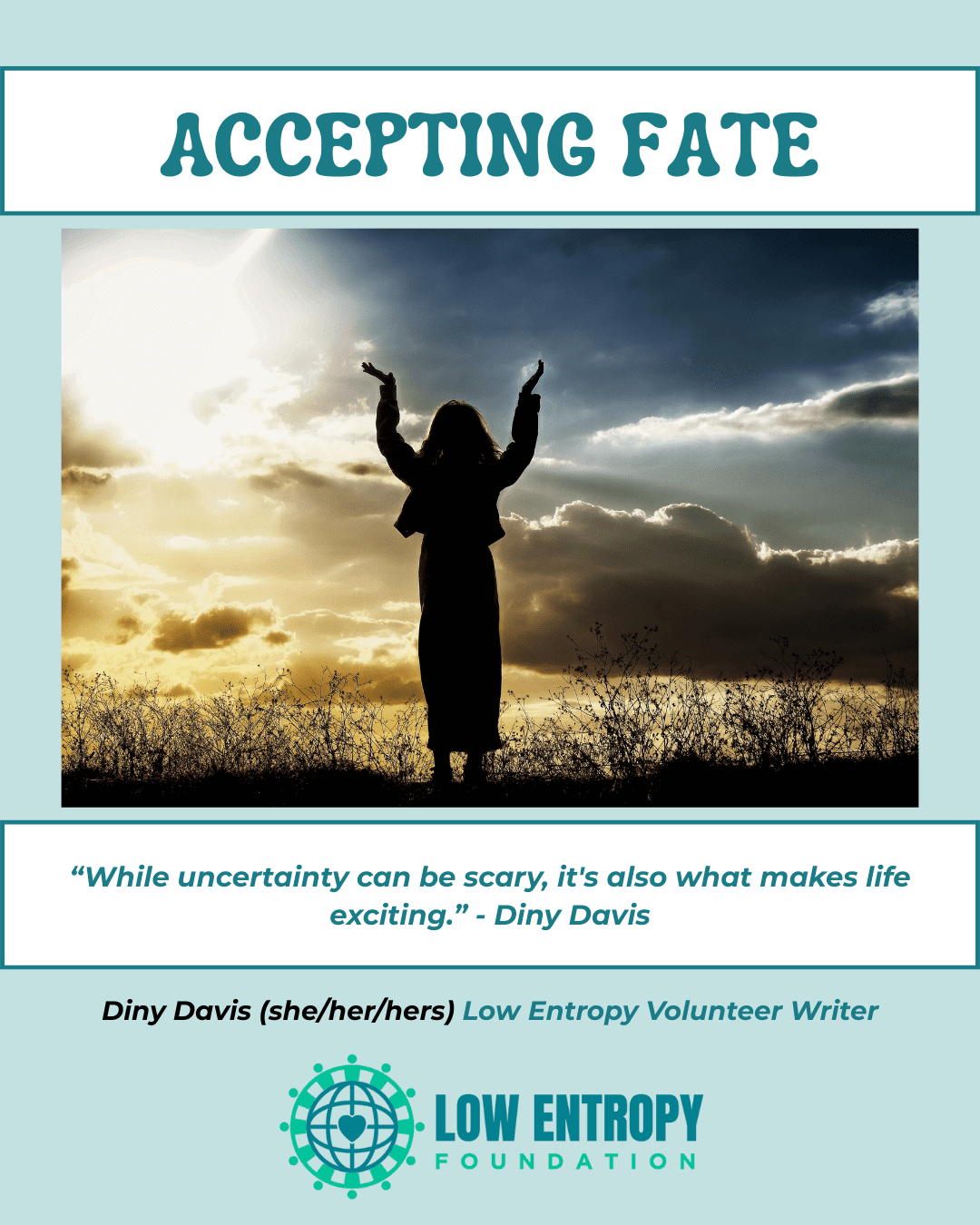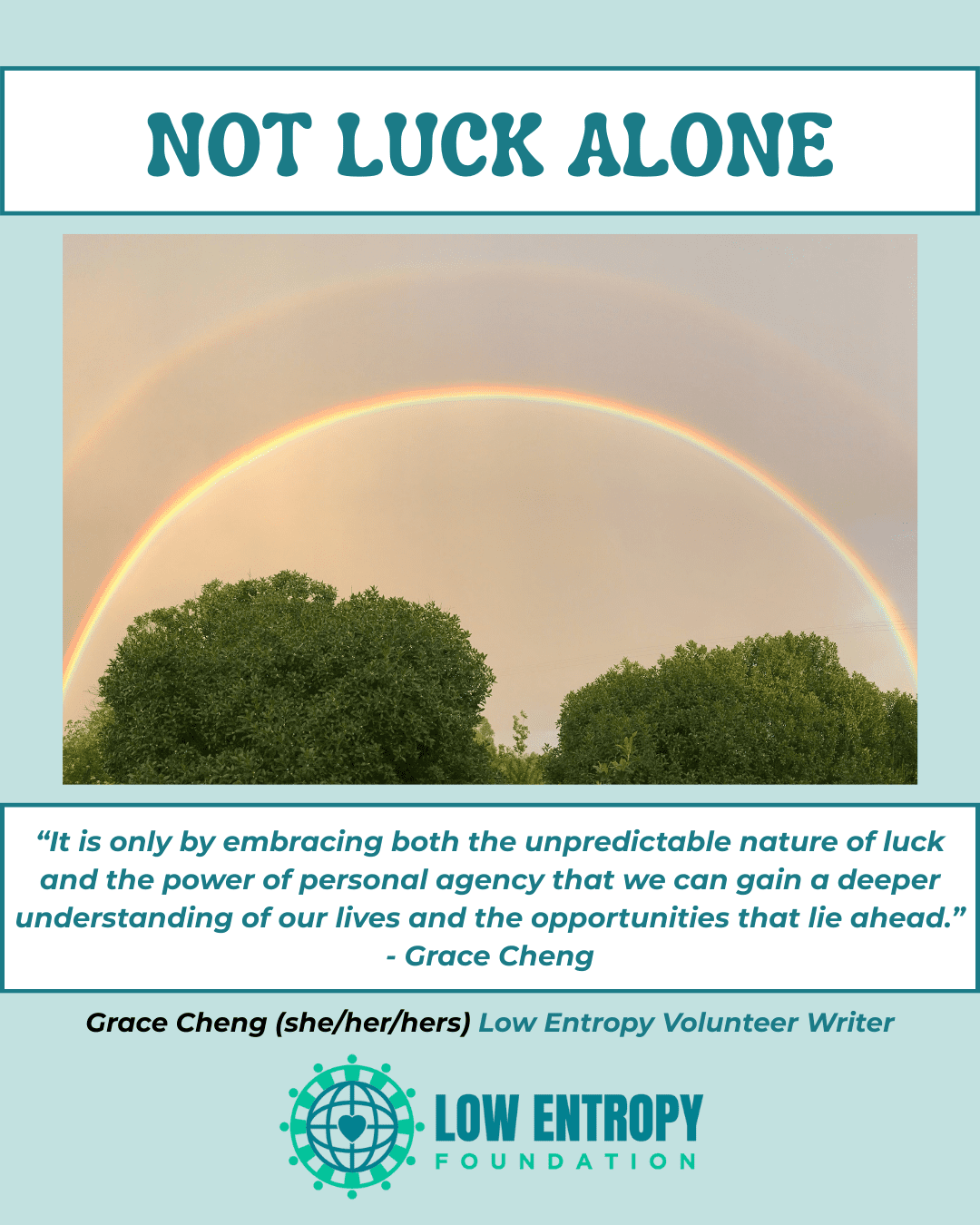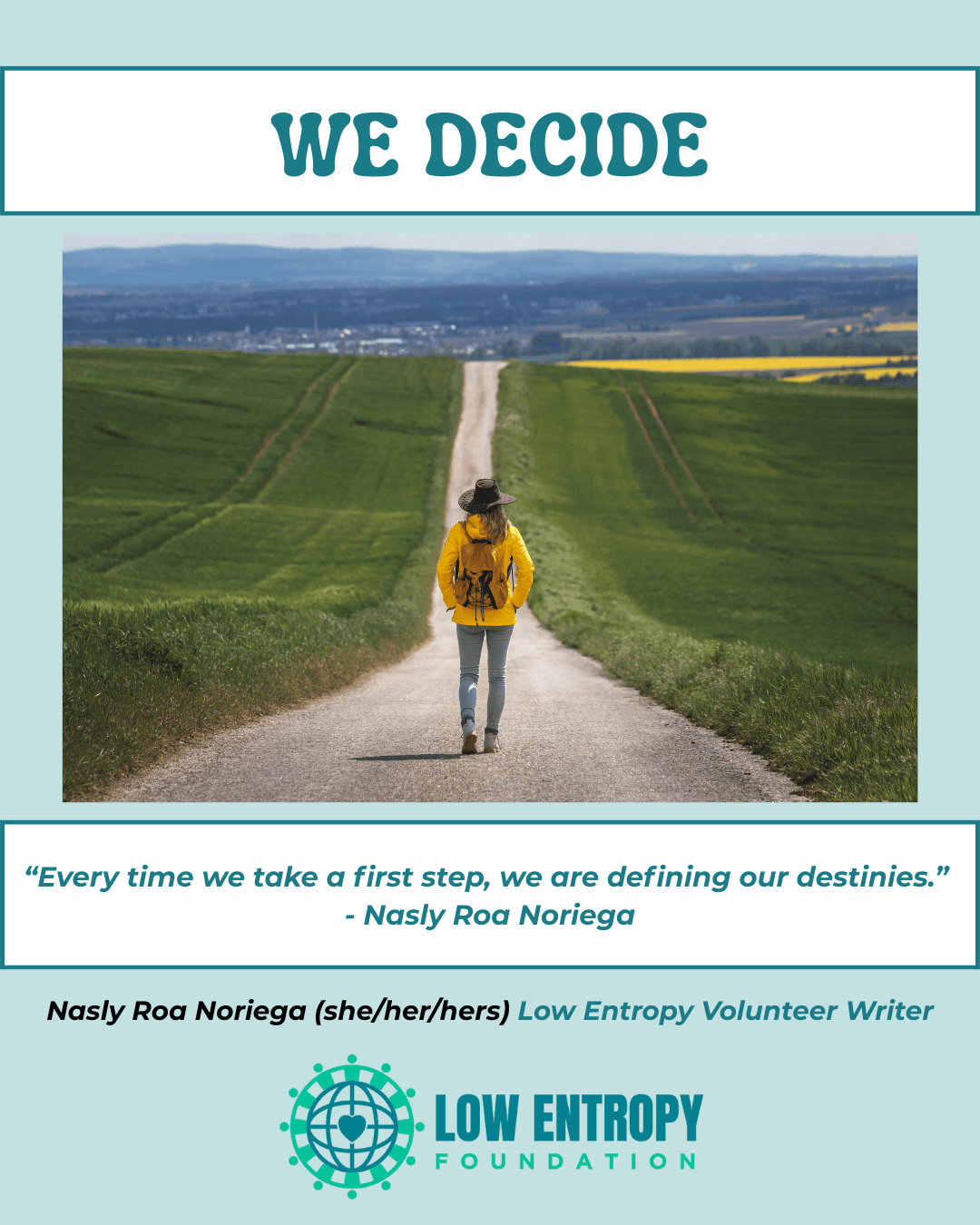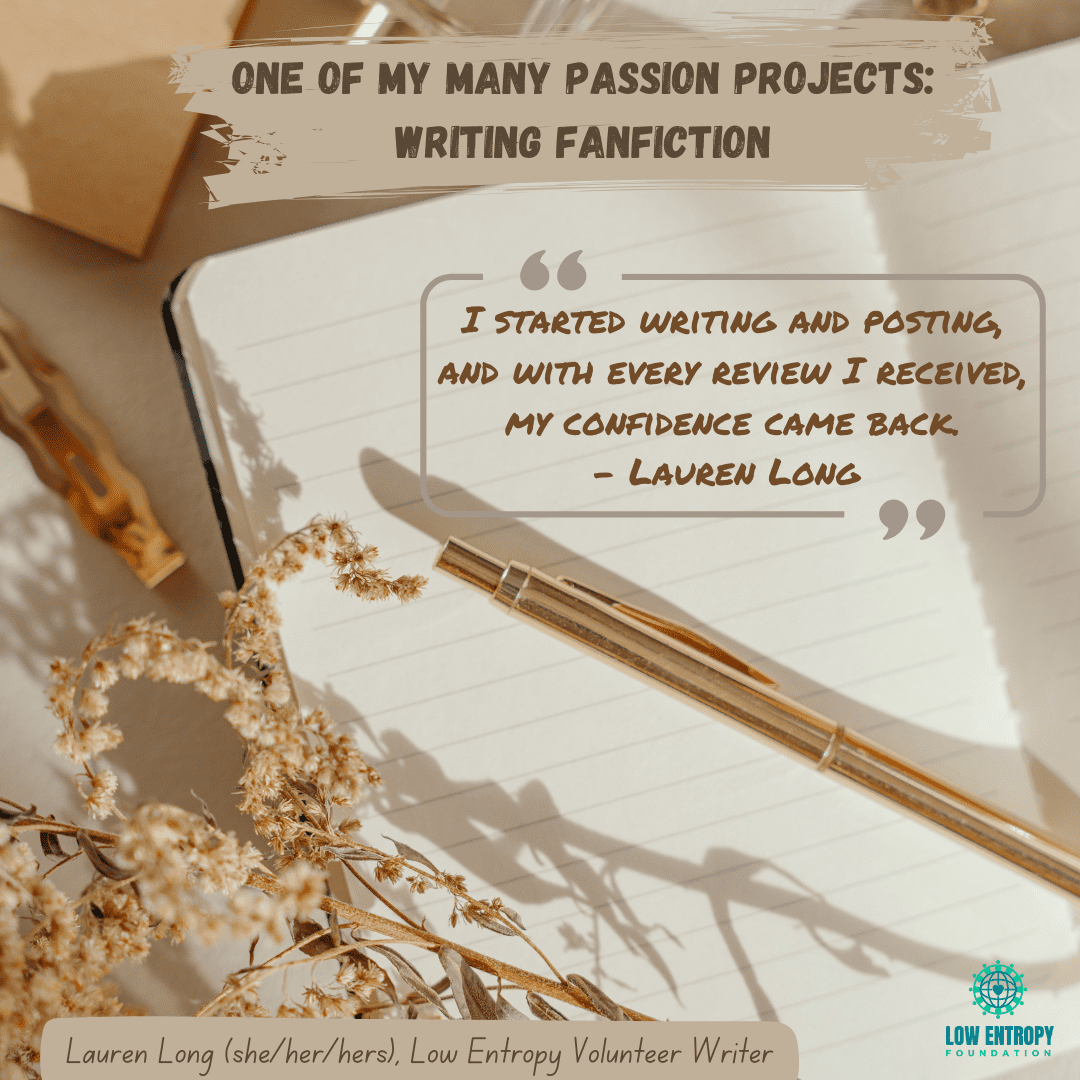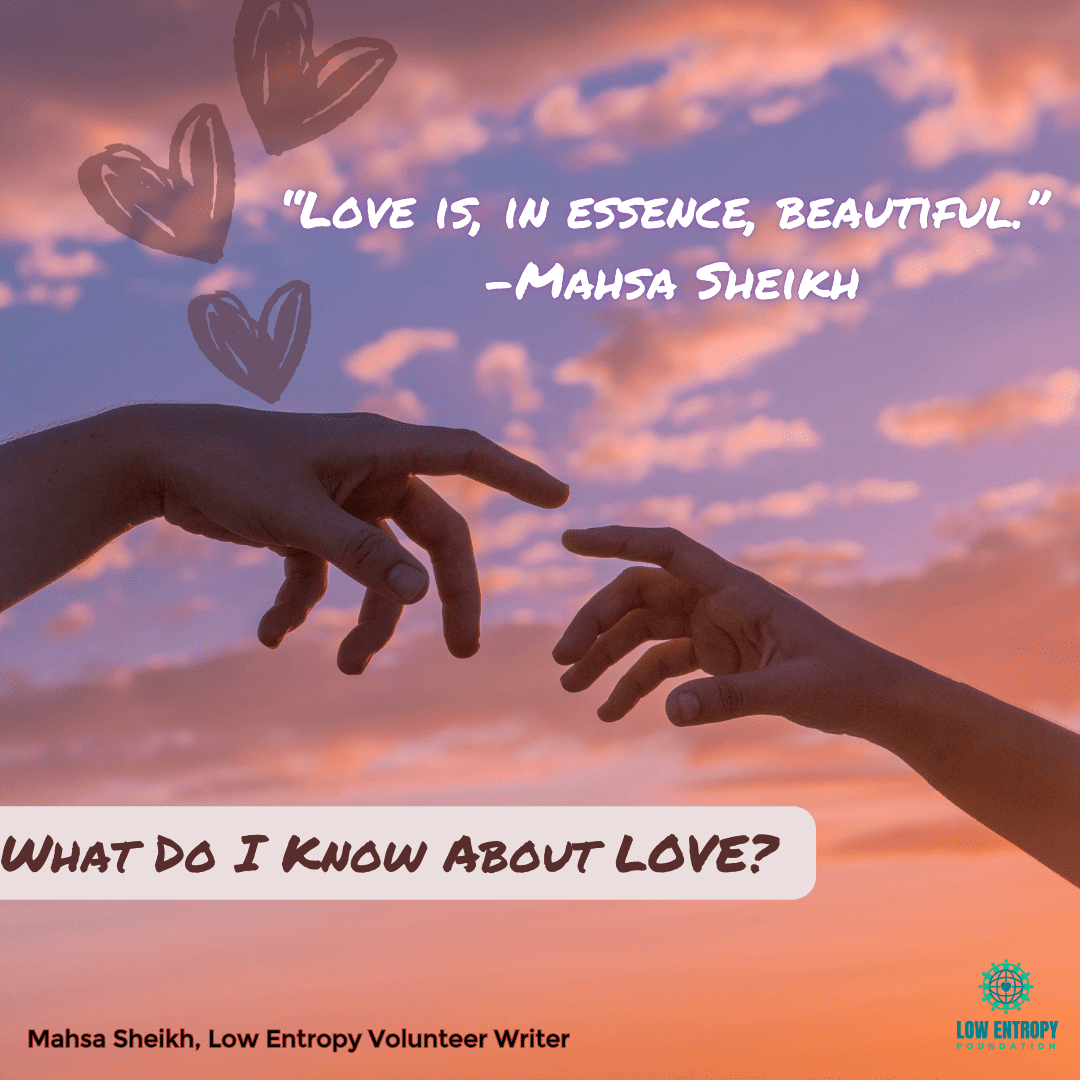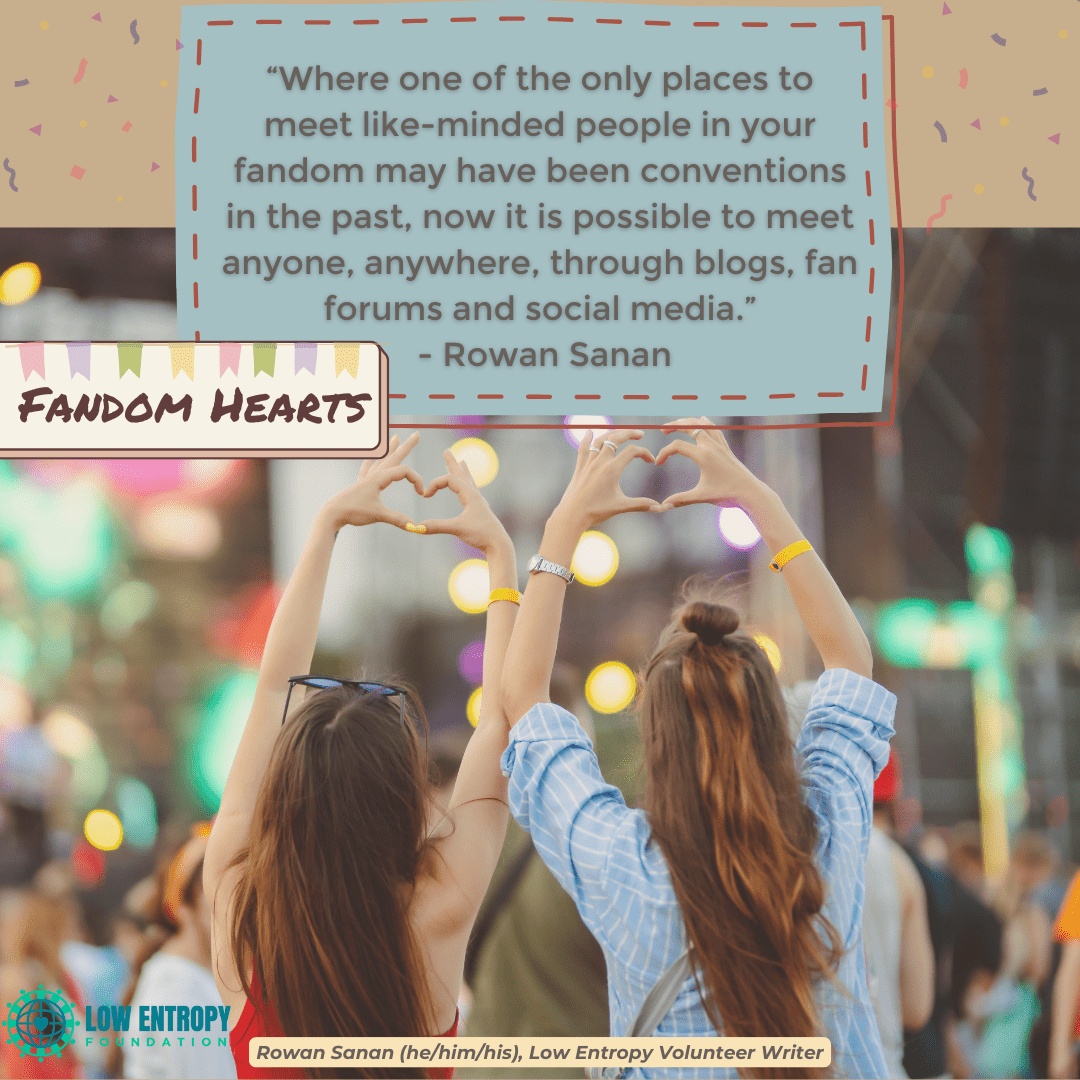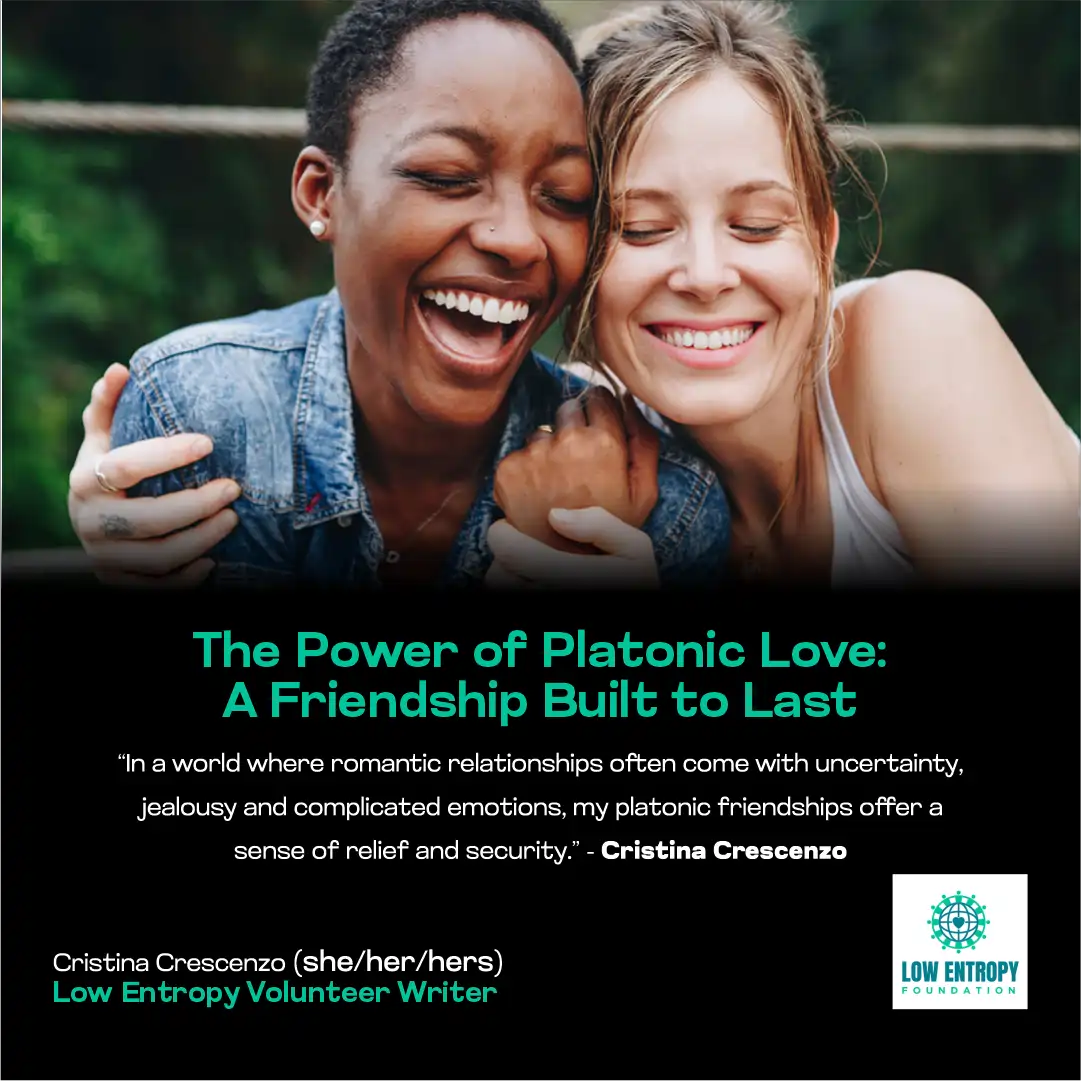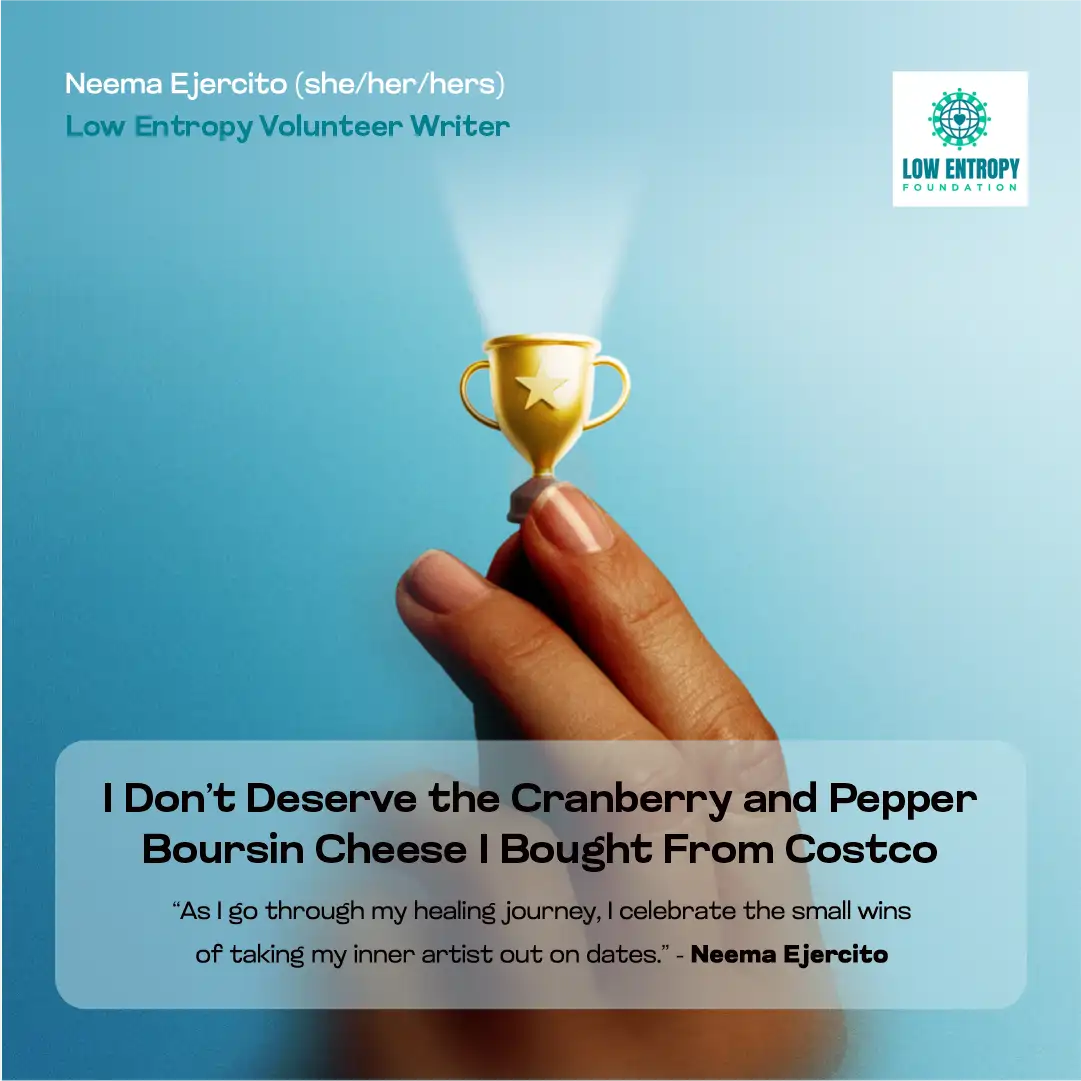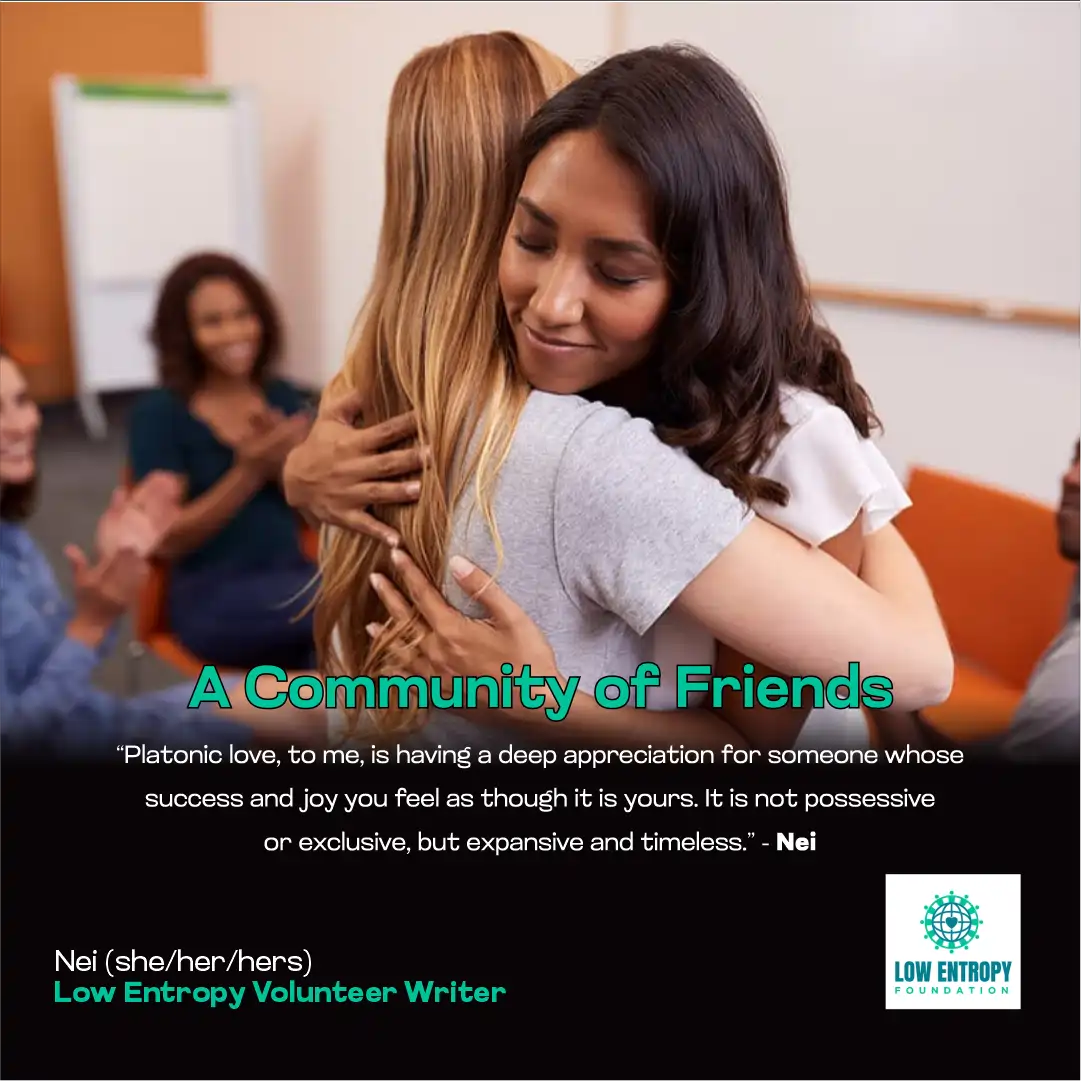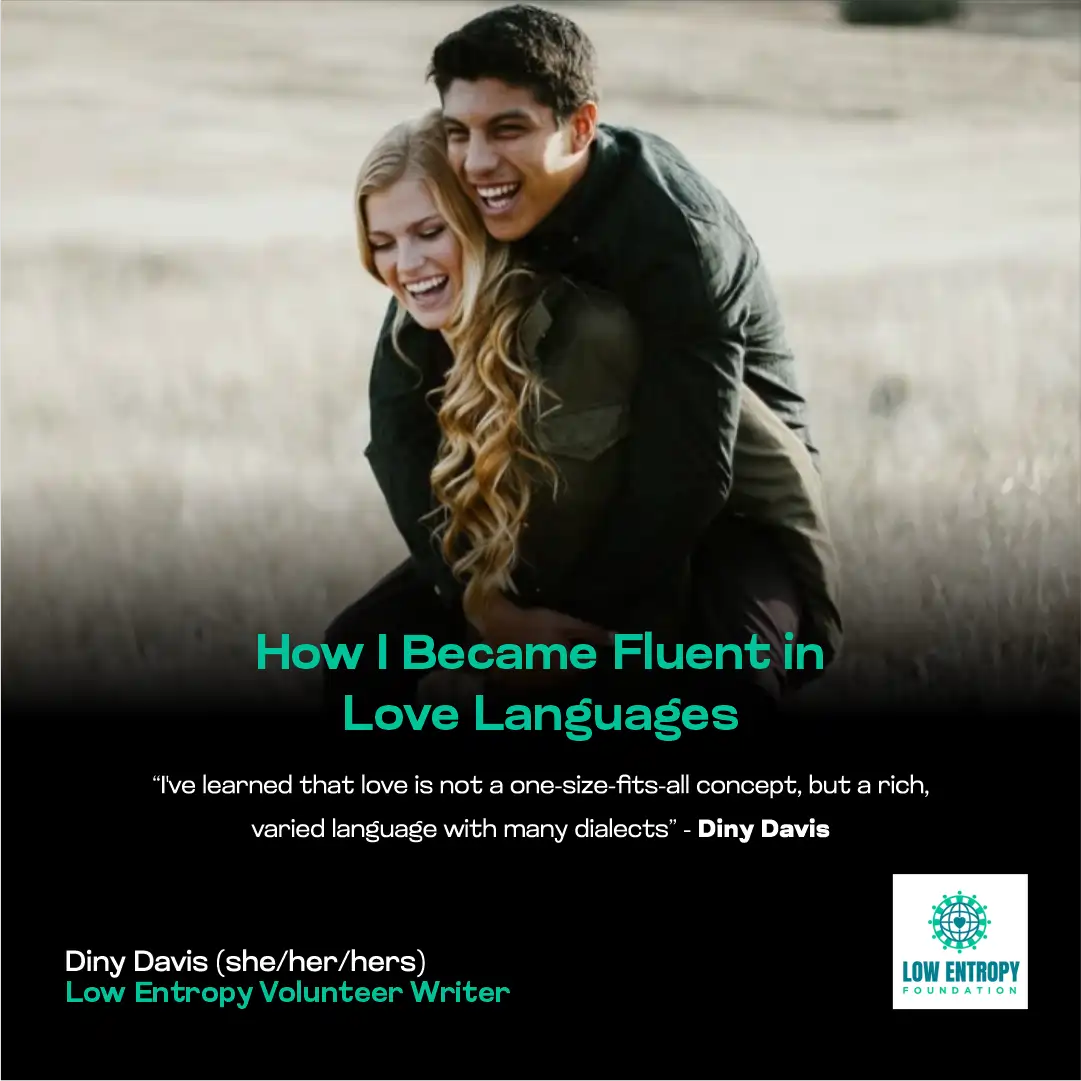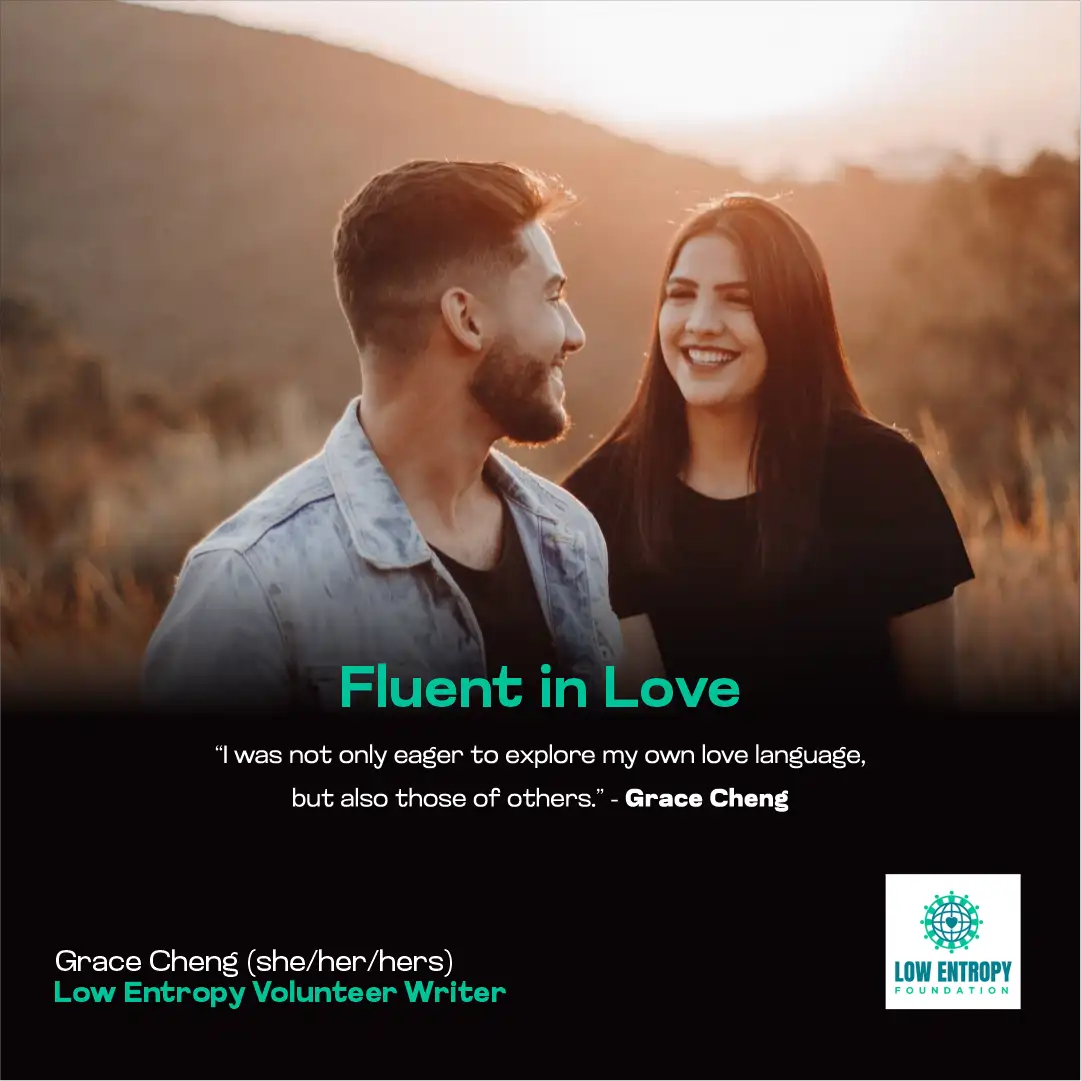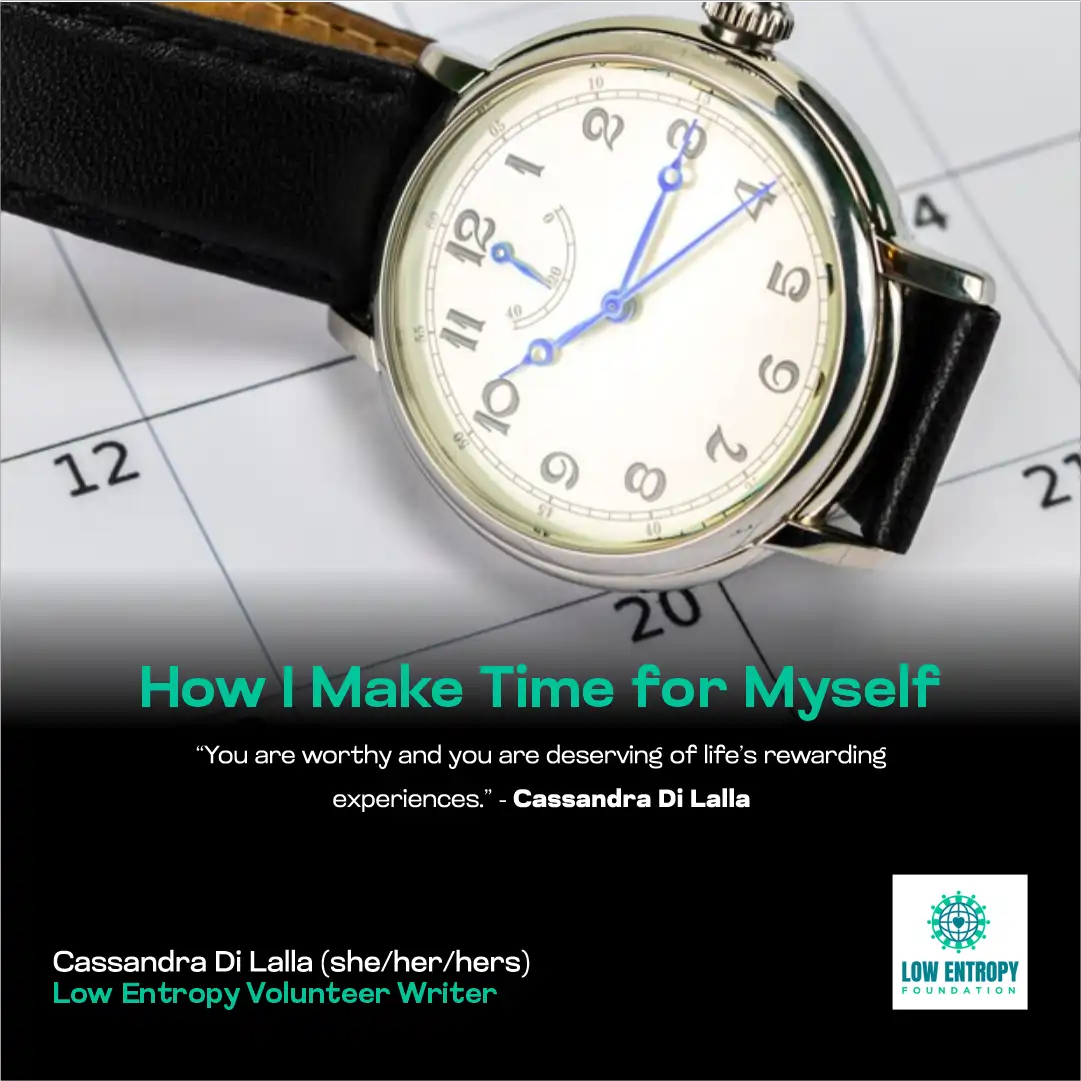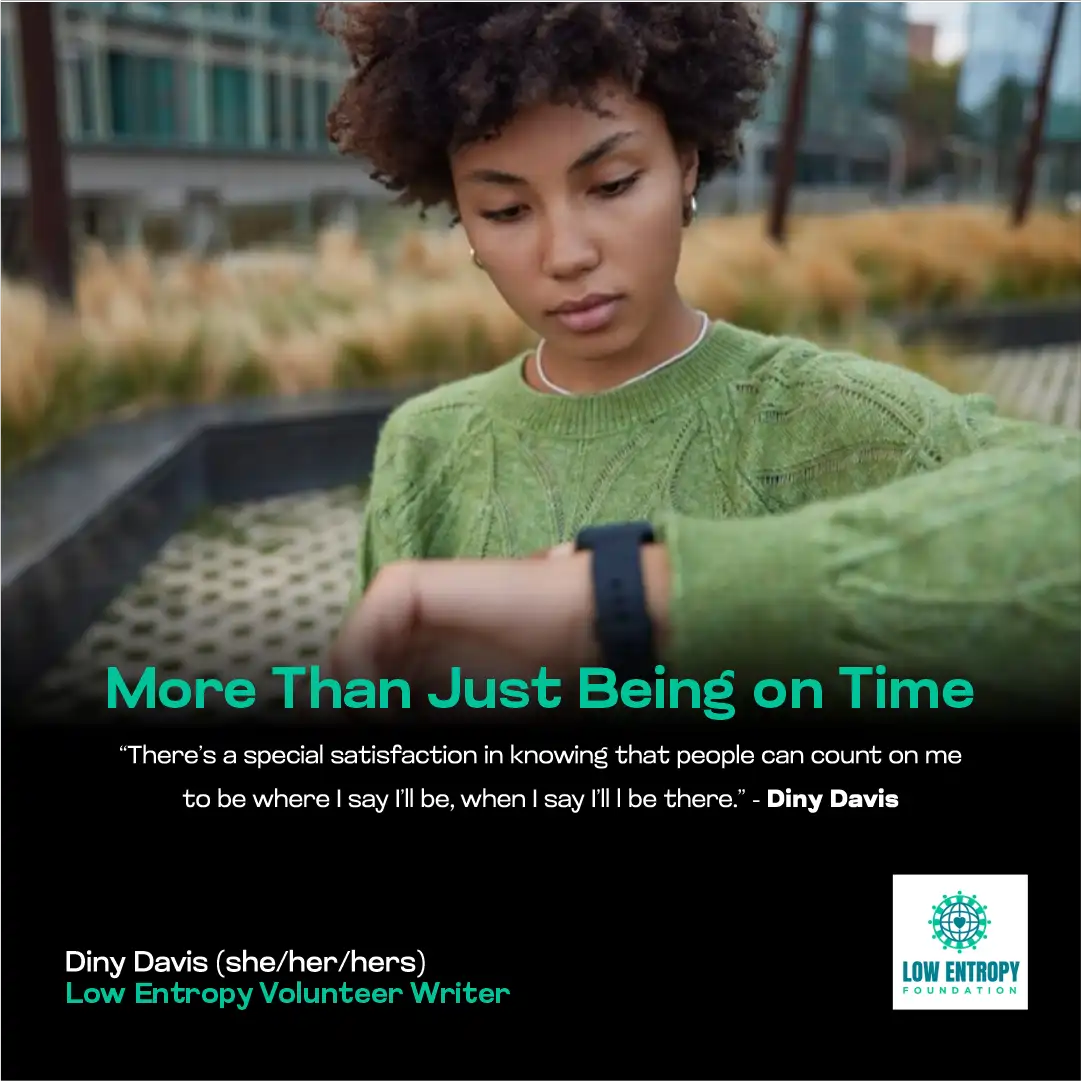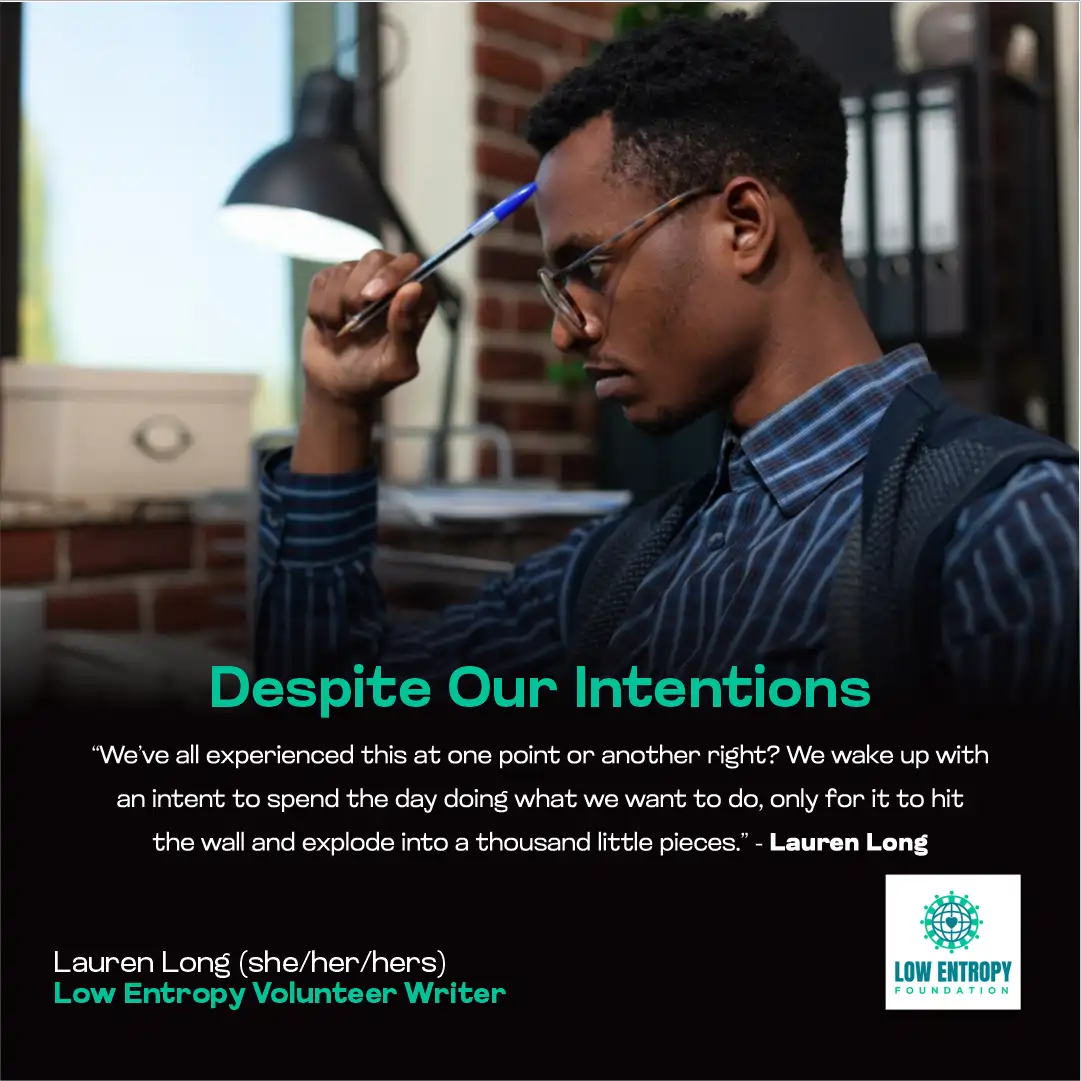Lauren Long (she/her/hers), Low Entropy Volunteer Writer
Webster’s dictionary defines trust as a firm belief in the truth of anything, faith in a person, confidence and custody.
I think, when asked, most people would consider themselves trustworthy, but I know quite well that there are individuals who assure others that they can trust them, only to act or speak in ways that betray that statement.
Before I began counselling, I had a lot of trust issues because of the bullying I experienced as a young kid and an adolescent. It’s gotten better, but I don’t let people into my inner circle as easily as I did before.
When it comes to me building trust, I treat others how I want to be treated. My trust has been broken too many times to count, so the last thing I want to do is tell someone that they can trust me and then act in a way that is the total opposite.
One of my close girlfriends, whom I’ve known for over two decades, has told me more than once that I’m one of the few people she trusts wholeheartedly because she’s told me things in confidence that I’ve never repeated to anyone. I’ve never given her a reason to doubt that trust. That wasn’t the case with one of her former friends from high school, who would repeatedly tell her that she wouldn’t say a word, and then my friend would hear from others that this person had repeated what my friend had told her.
When people frequently show us that they cannot be trusted, the best thing we can do is to cut them off for our own peace of mind. The lingering feelings of betrayal and anger can impact our belief in good people and lead us to wonder if we are fated to only cross paths with people who prove themselves to be untrustworthy over and over again.
There are plenty of deceitful people out there, but there are also good people who have integrity and strong moral compasses.
Through my work with The Empowered Pole Dance Project, I have ensured that every dancer who sits down with me knows that they are stepping into a safe space, and that nothing will be published without their final approval.
When I first approach a dancer to ask if they are interested in being a part of the project, I share the project’s focus with them and what they can expect from me. After sending them the questions for the interview, I make a point of staying in touch with them, asking if there’s anything they need from me or if they need any help.
While The Empowered Pole Dance Project isn’t an official organization and my blog and podcast aren’t a business, that doesn’t mean I don’t treat them like one. The Empowered Pole Dance Project played a large part in helping me build my reputation, and I did it while sticking to my morals and beliefs.
The stories I write for the project or share in video interviews on my podcast are people’s lives, and the dancers I work with deserve to know that, in addition to paying great attention to detail, I will treat them and their stories with the integrity, kindness, respect and dignity they deserve. They’re trusting me to tell their stories in a way that showcases their authenticity, as well as giving them the chance to express their voices in a safe space, free from judgment and shame.
The biggest component of the trust-building part of the partnerships between the dancers I interview and me is the importance of consent. I make that clear from the get-go. When I send out the welcome email/package to the dancers, the very first thing I mention is that I uphold the value of consent. If I tell the dancers nothing will be published without their final approval or that I will accommodate if they want something changed or removed altogether, I keep my word. They’re opening up to me, someone whom they have only met online, and trusting me to treat them and their stories with dignity and honour. I have never wanted to be one of the Rita Skeeters of the world, and I never will be. I have no respect for people who publish or circulate untruthful stories through word of mouth.
I believe that trust, honesty and loyalty are the most important virtues and character traits someone can have, and I’ve turned down jobs that required me to go against my ethics and beliefs. Everyone has a line that they won’t cross, and mine is sacrificing my moral compass for any reason. If we set aside our ethics once, it becomes easy to do so again until we become someone we don’t recognize, and nothing is worth that.
—
Born and raised in Quesnel, BC, Lauren Long is a strong advocate for mental health and well-being, as well as being a major Swiftie and a role model for positive body image. She believes in the value of truth and that truth matters. When she’s not writing, you can find her on the pole, on the training mats or curled up with a good book.







